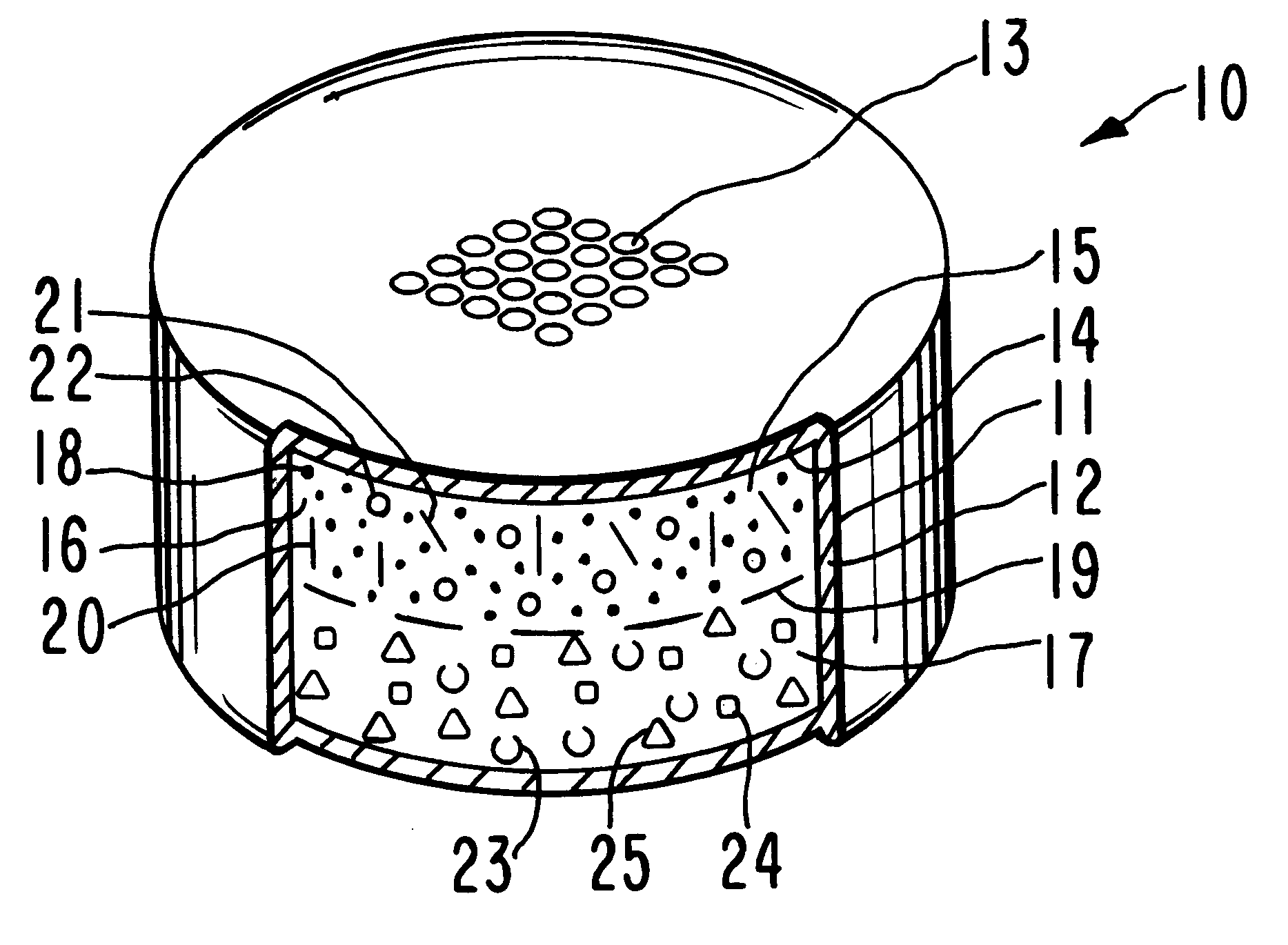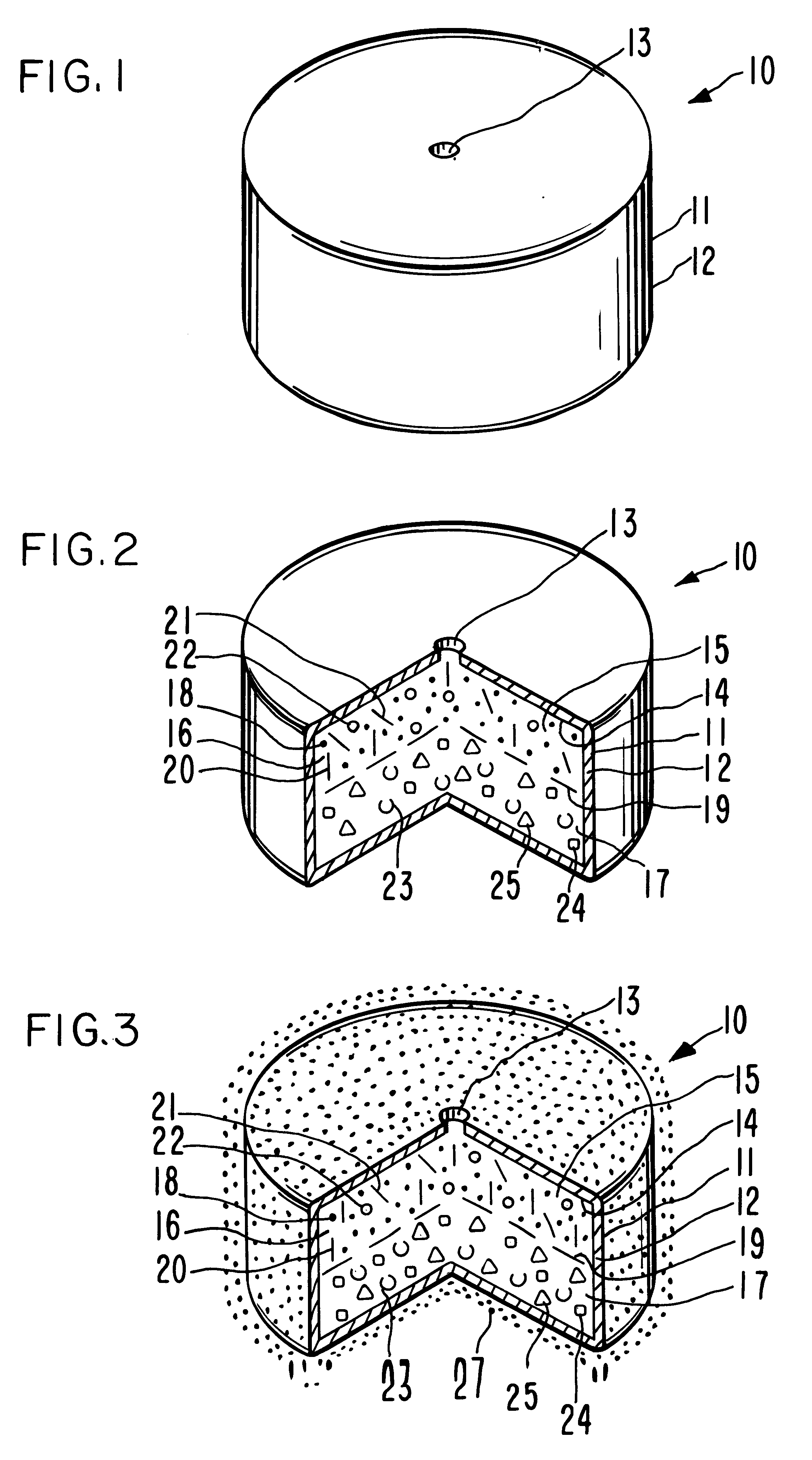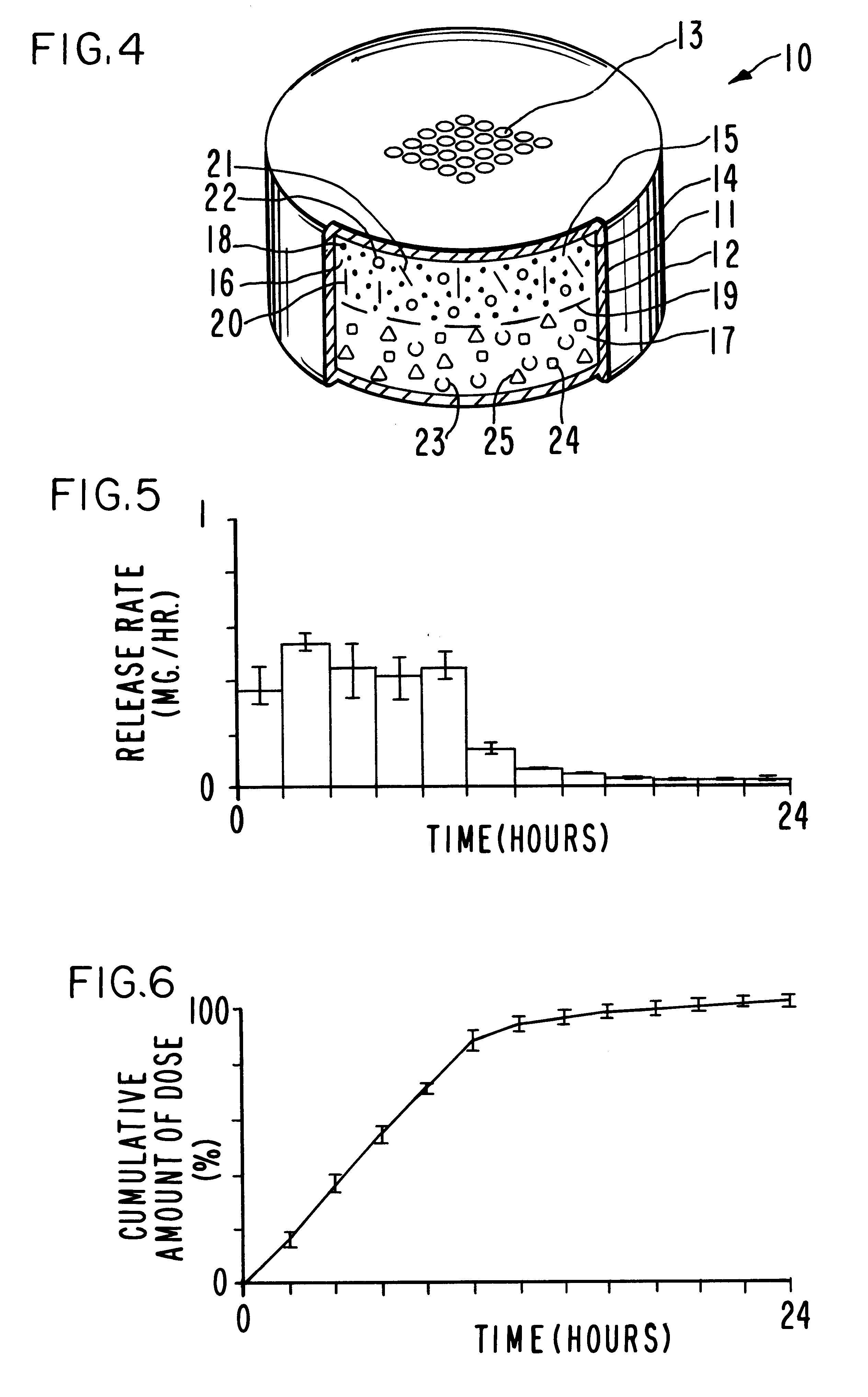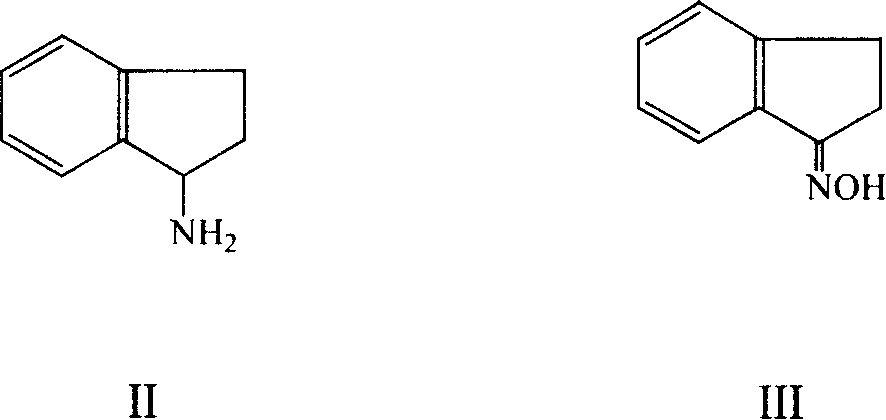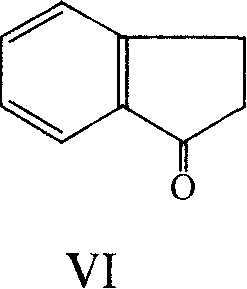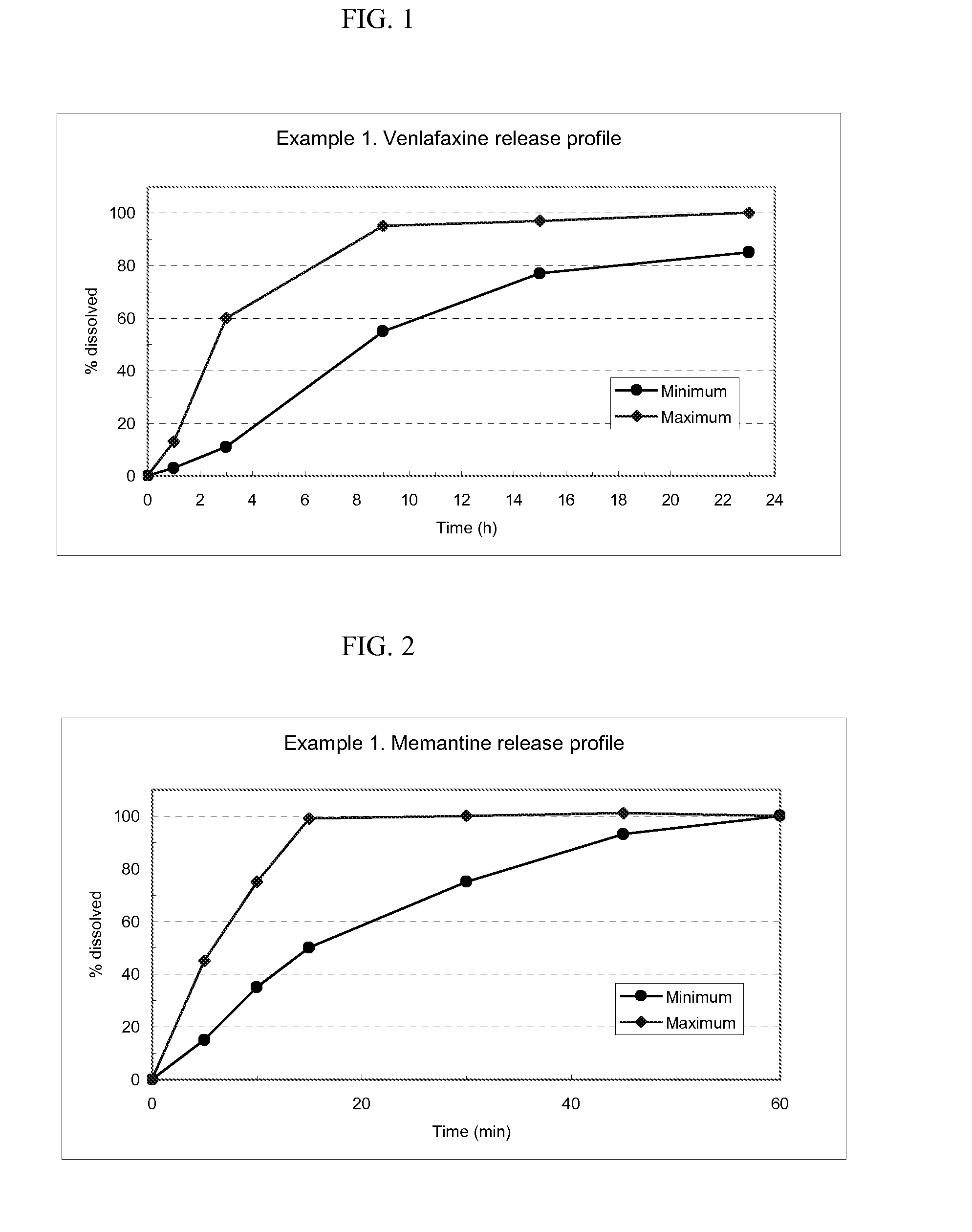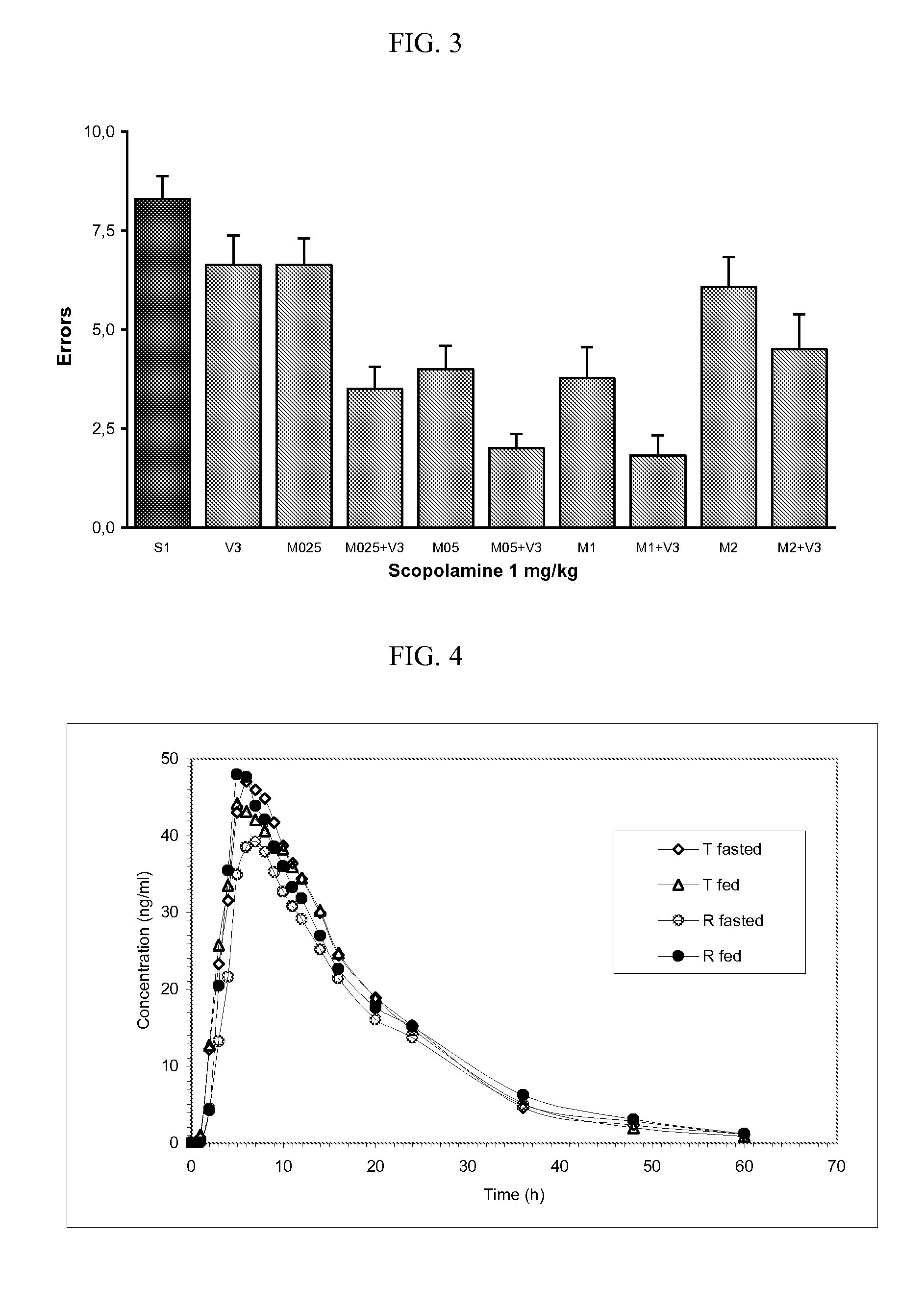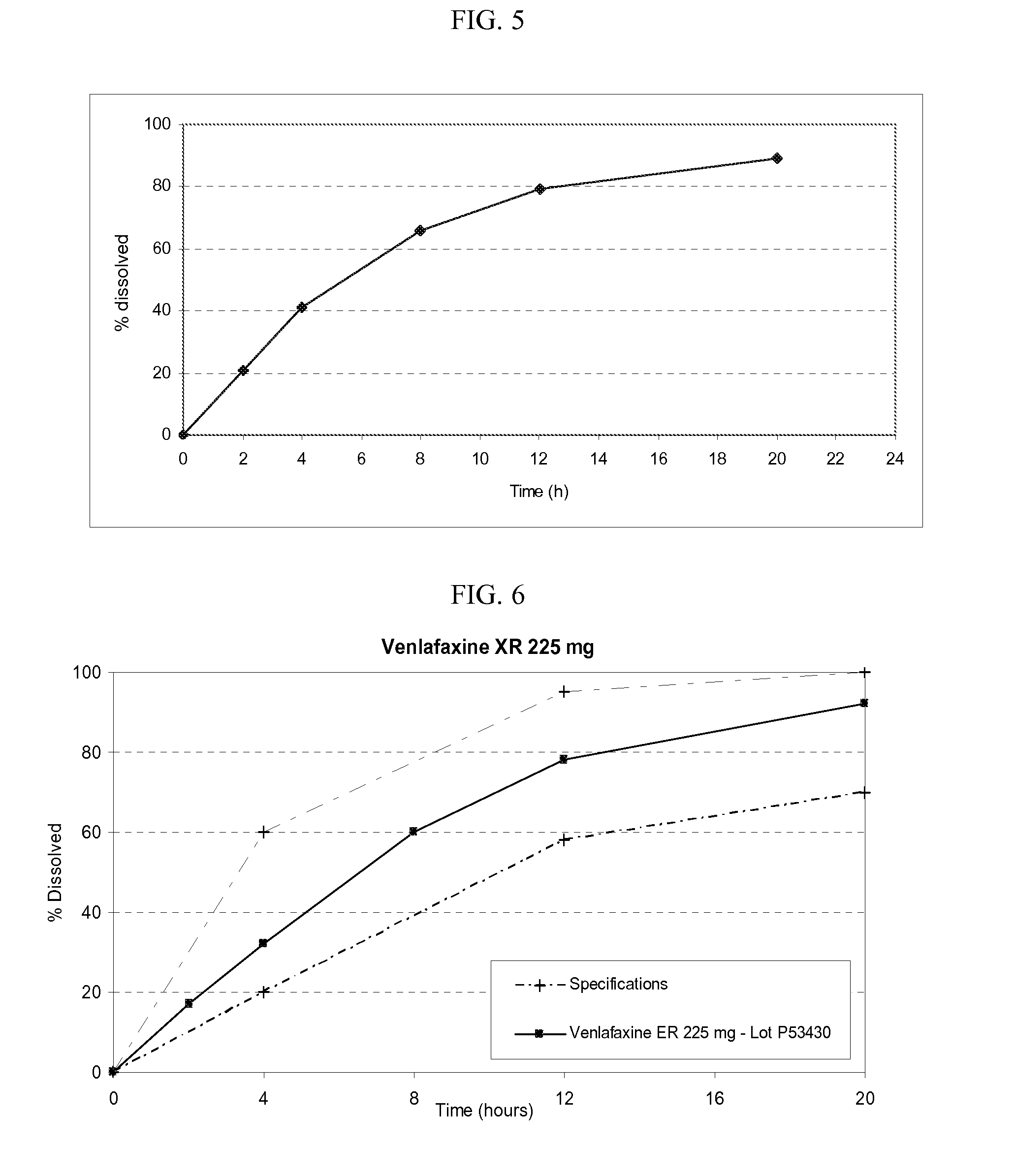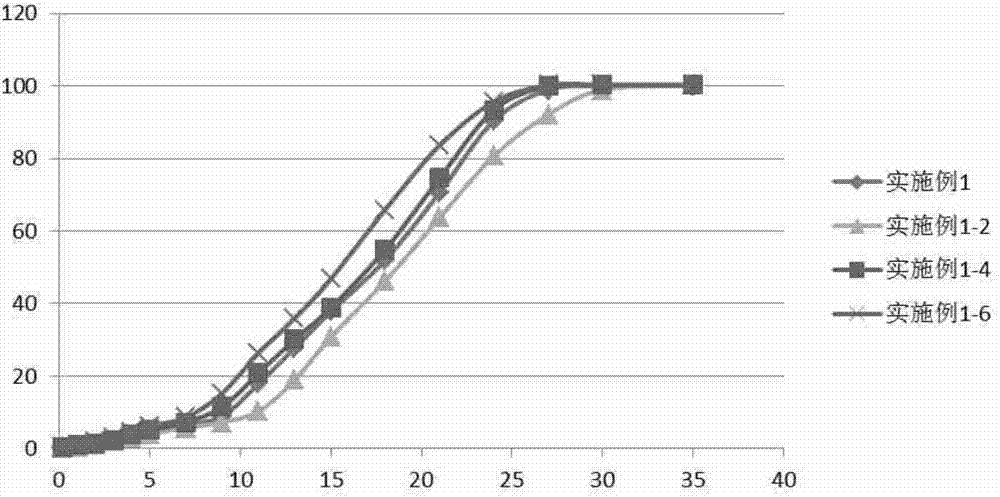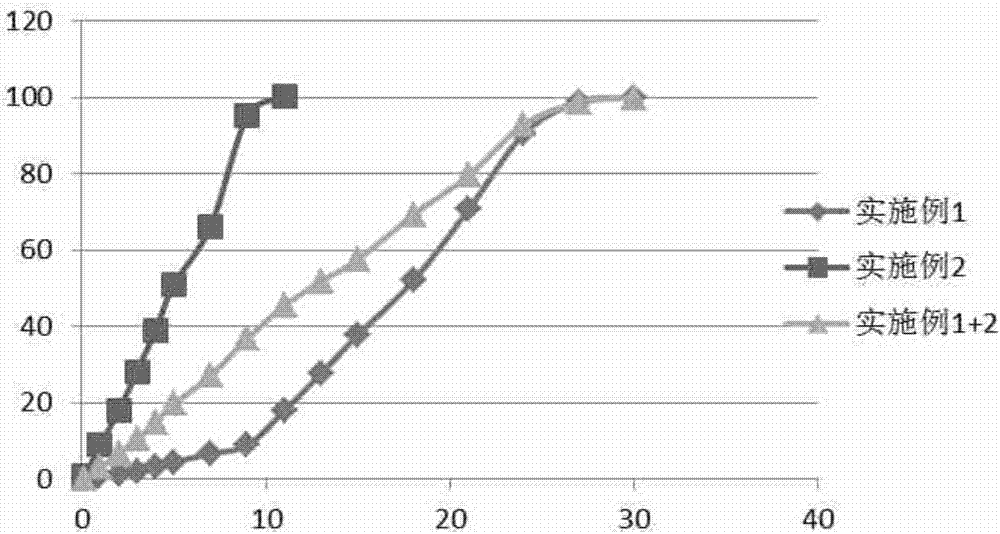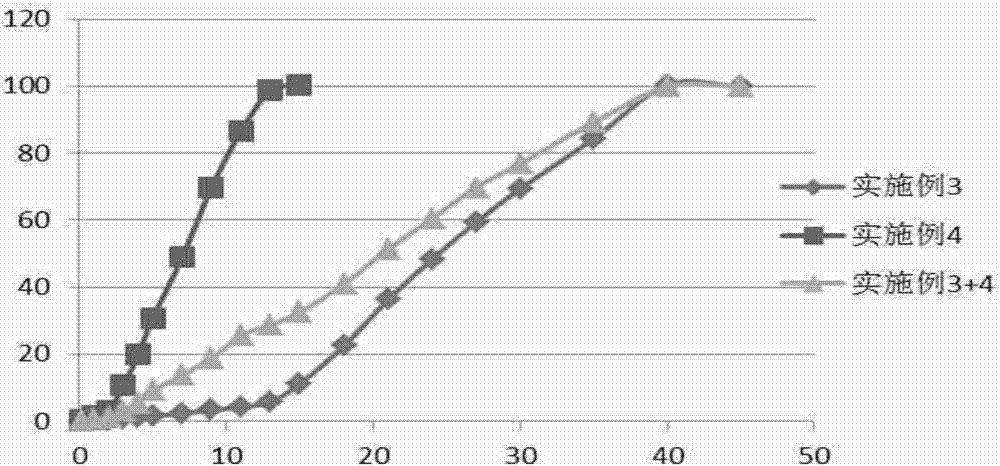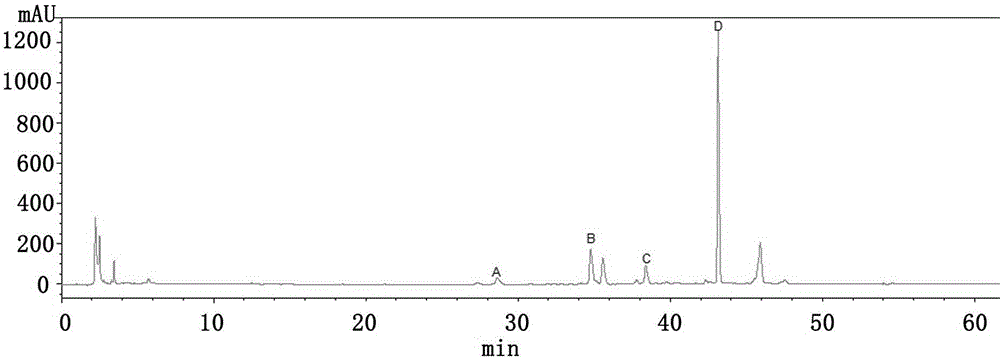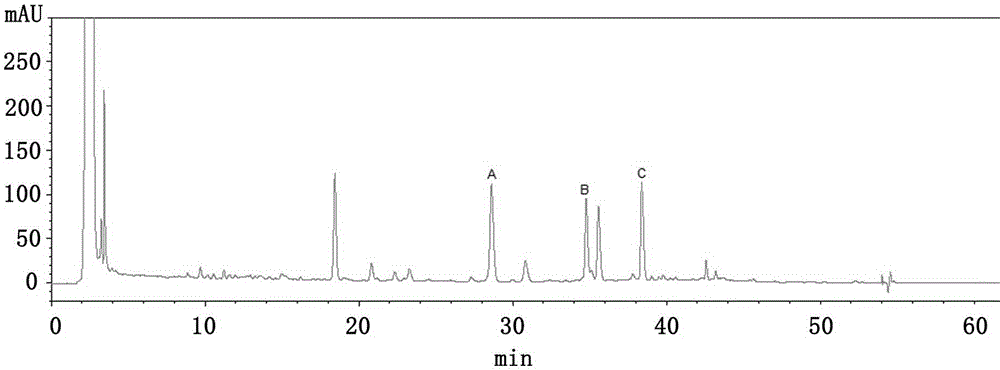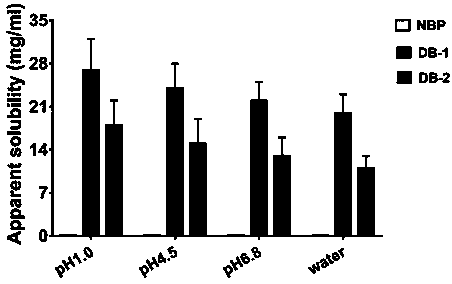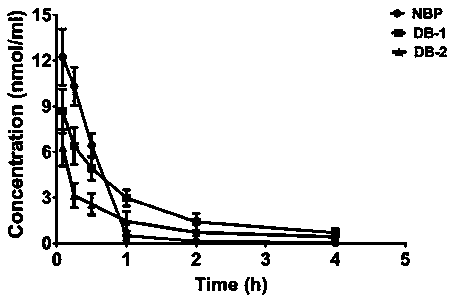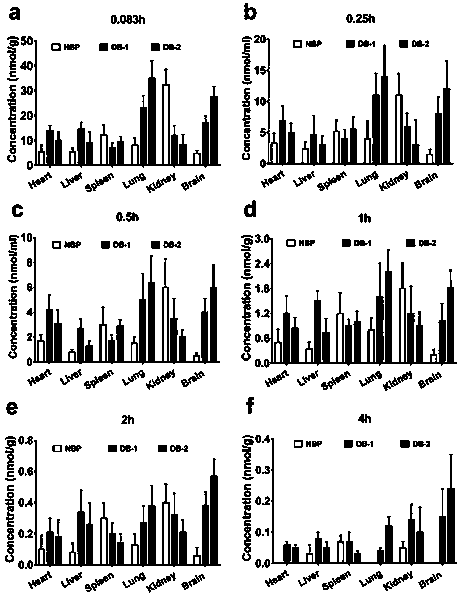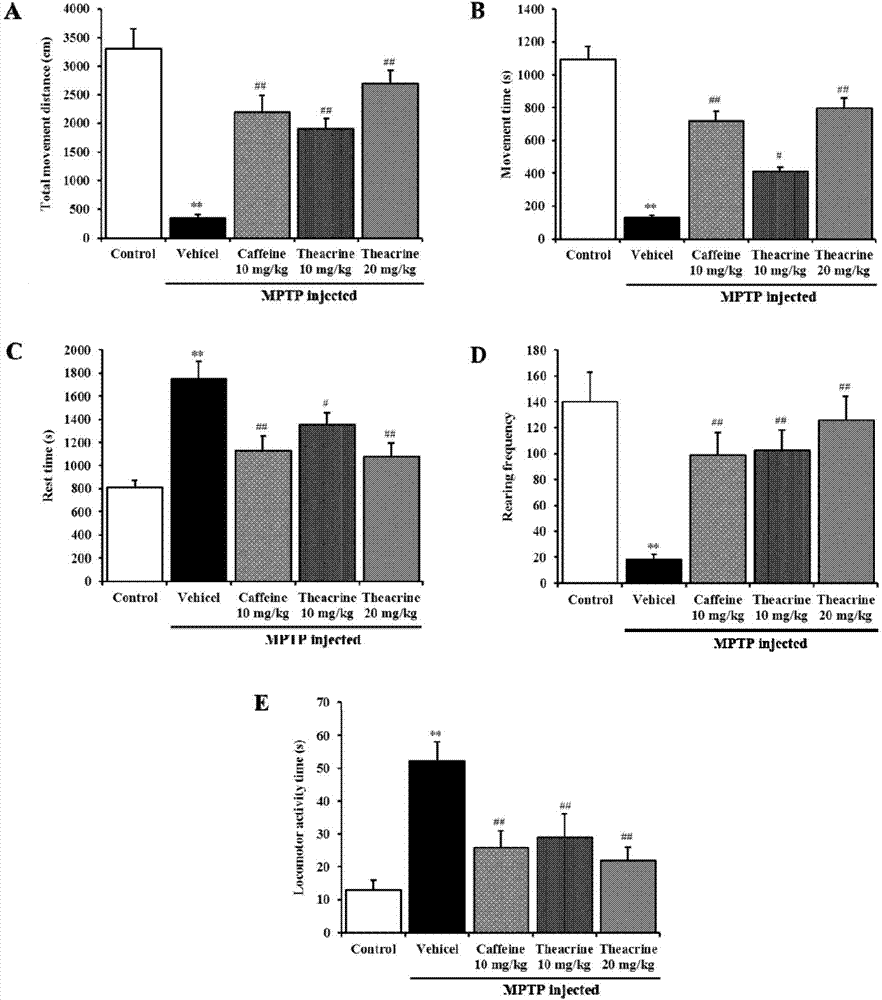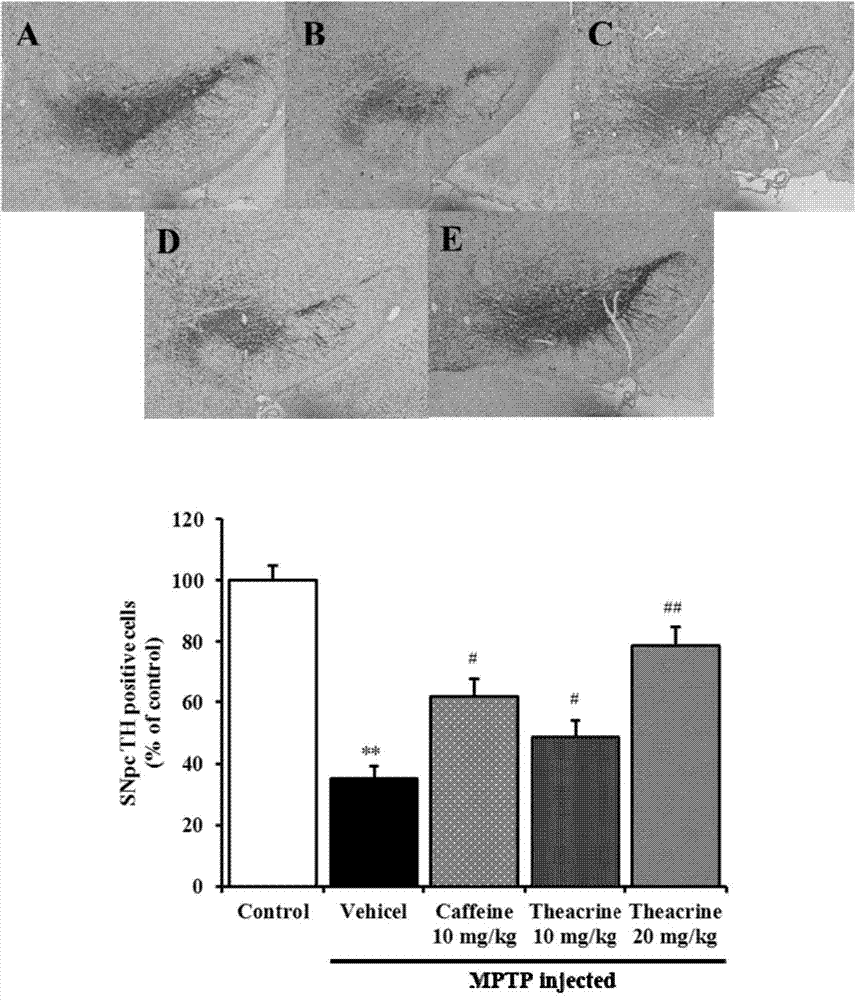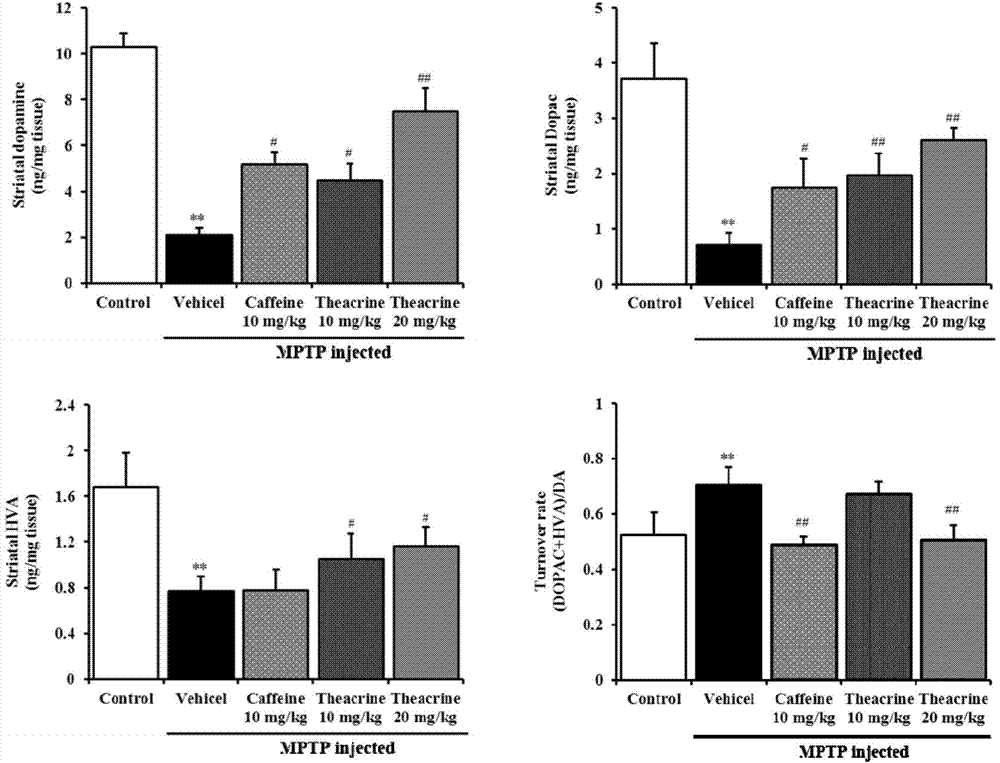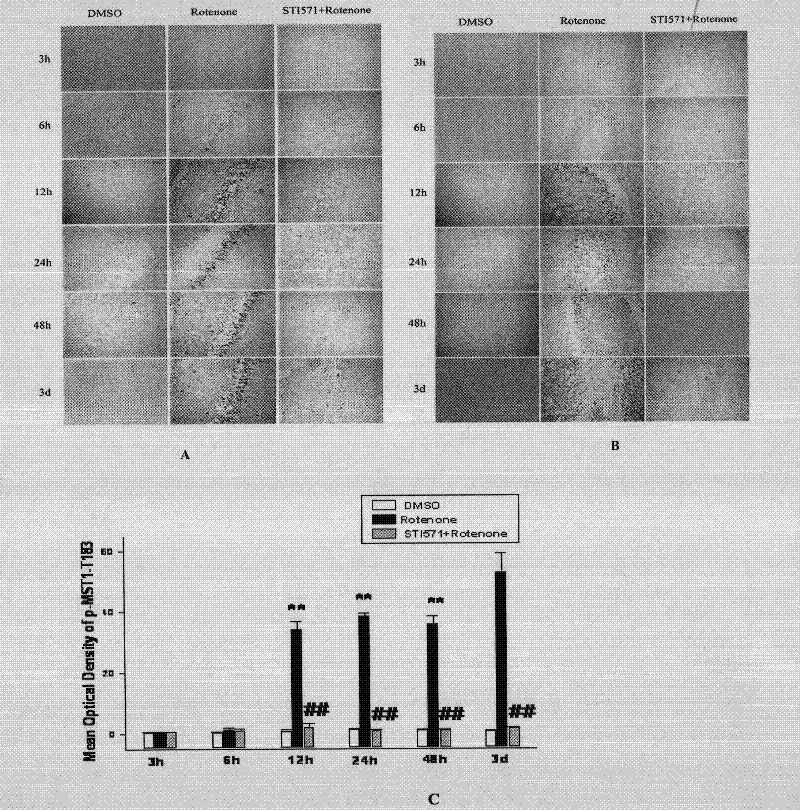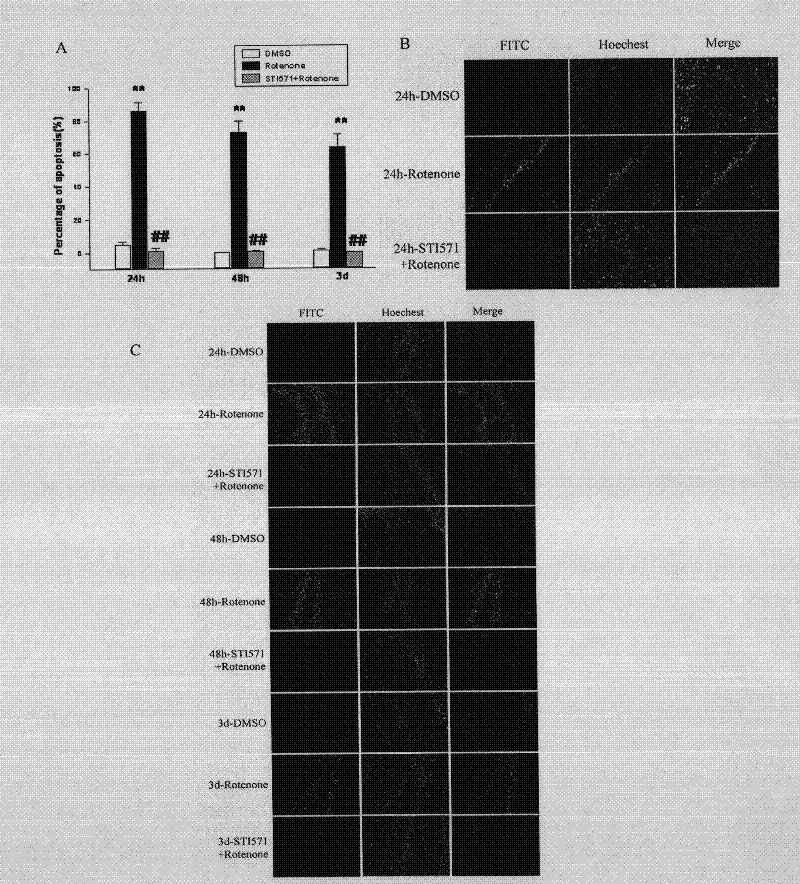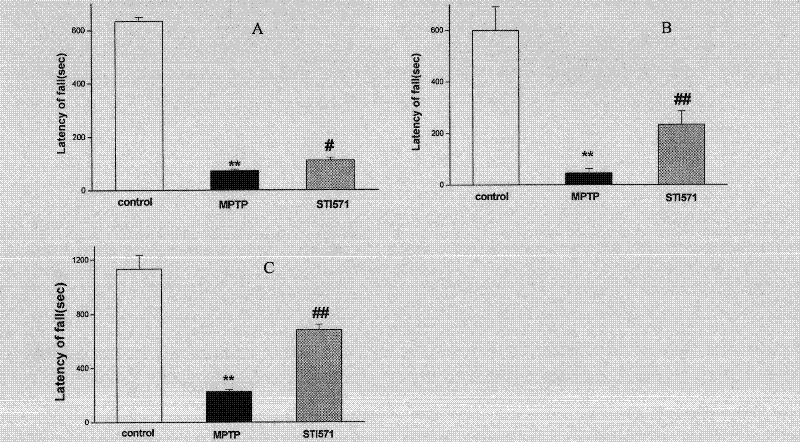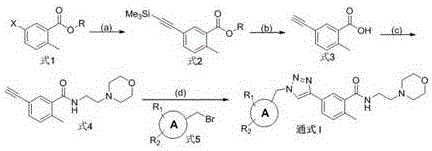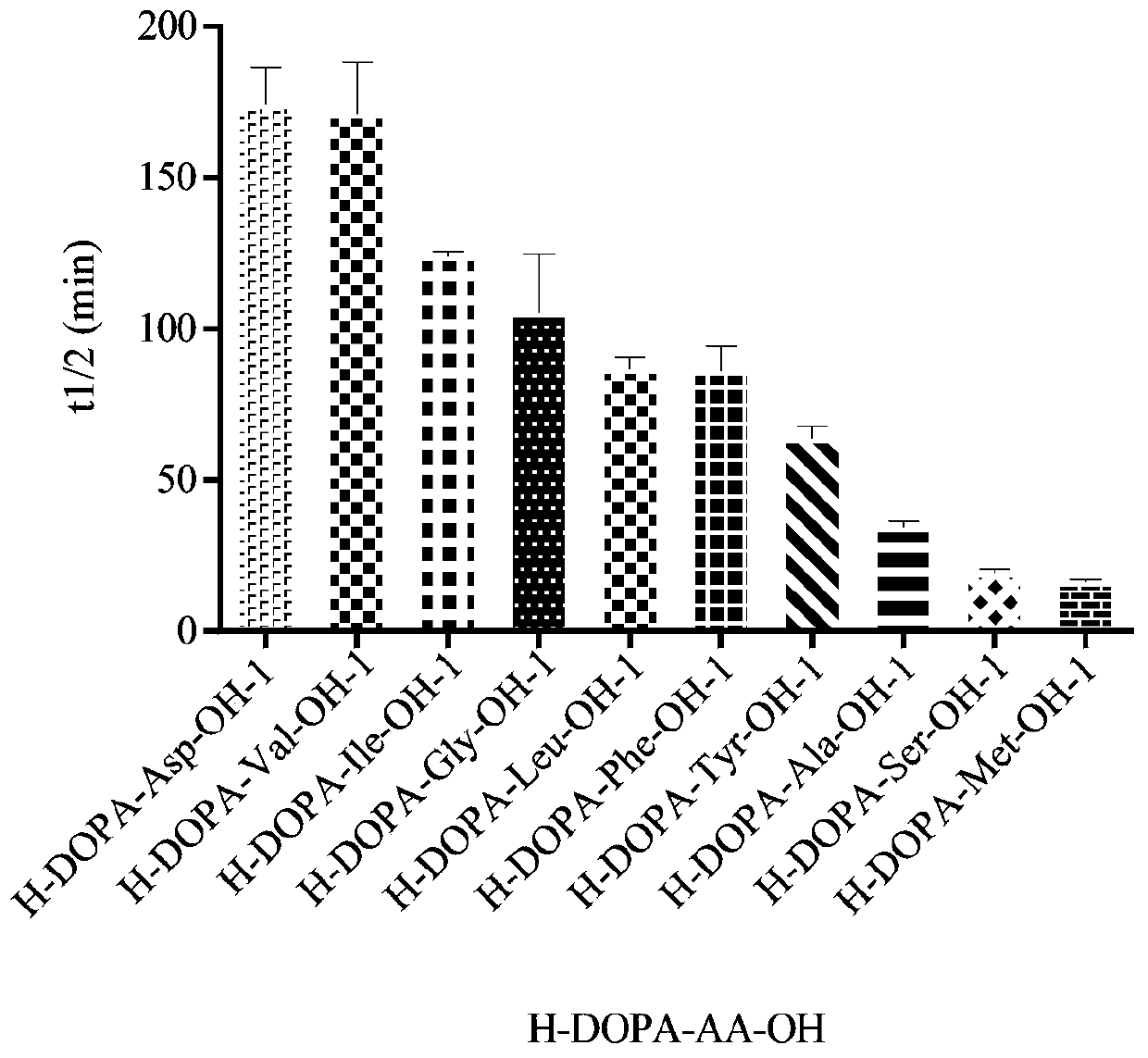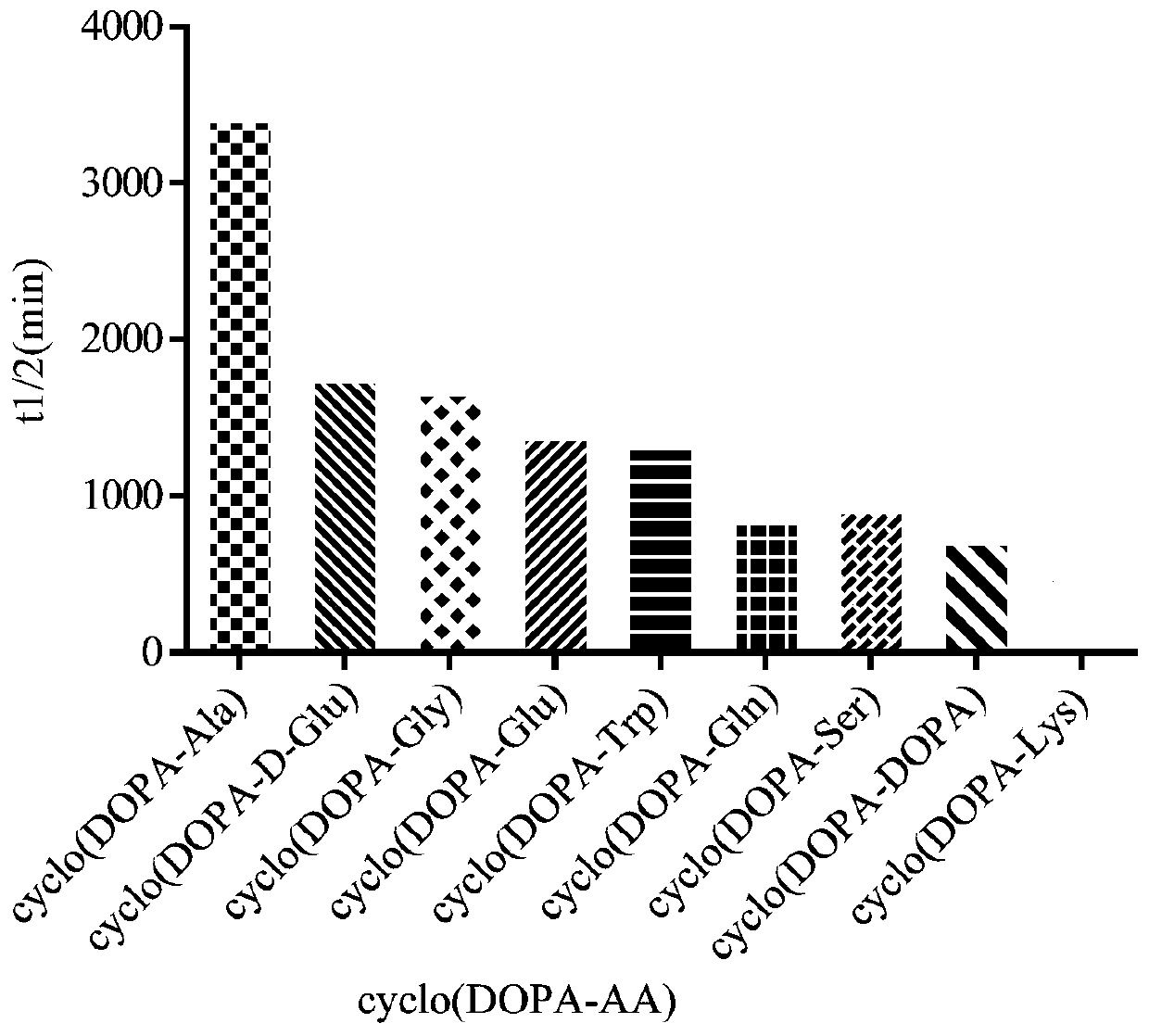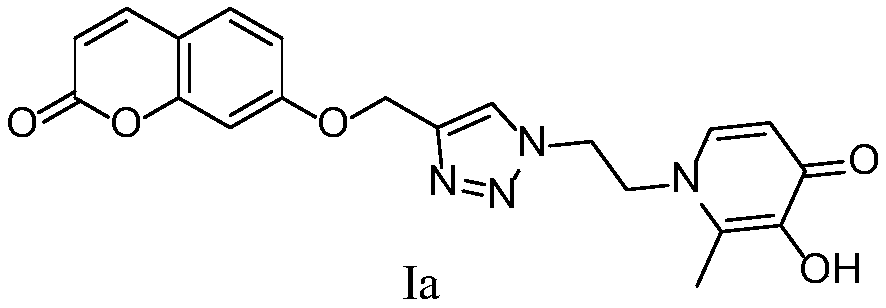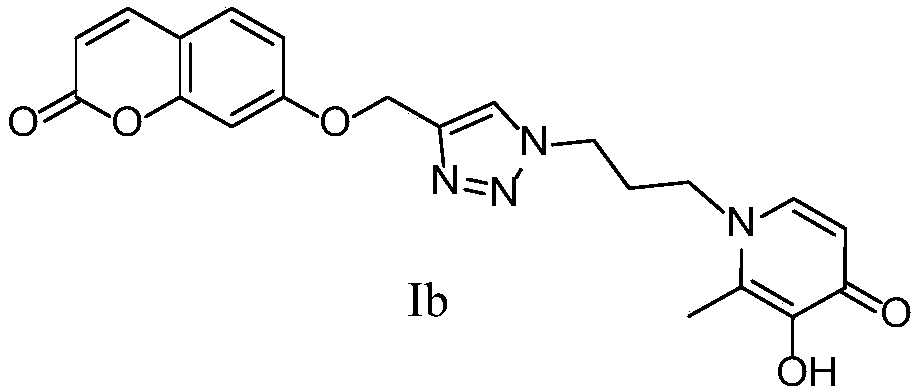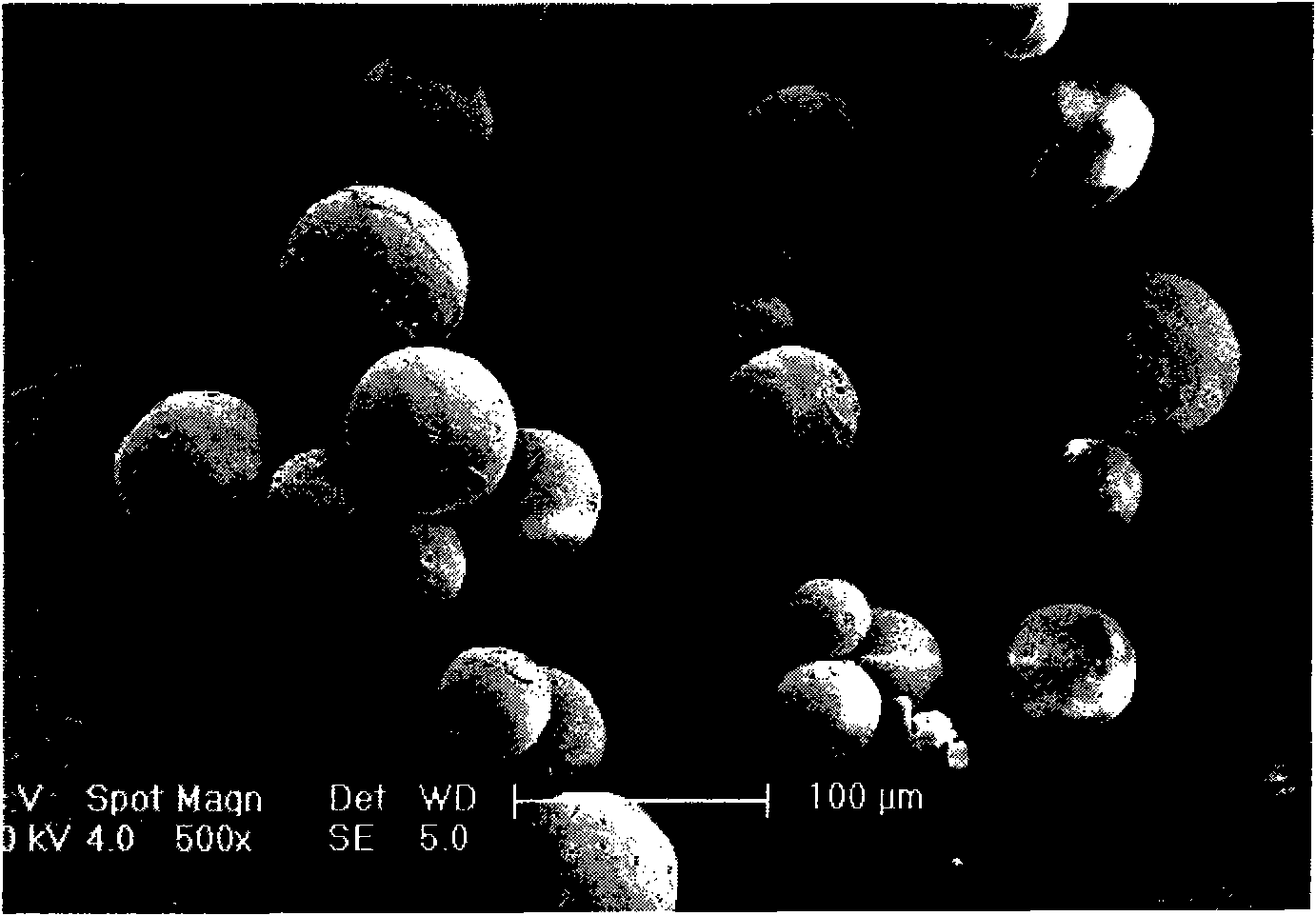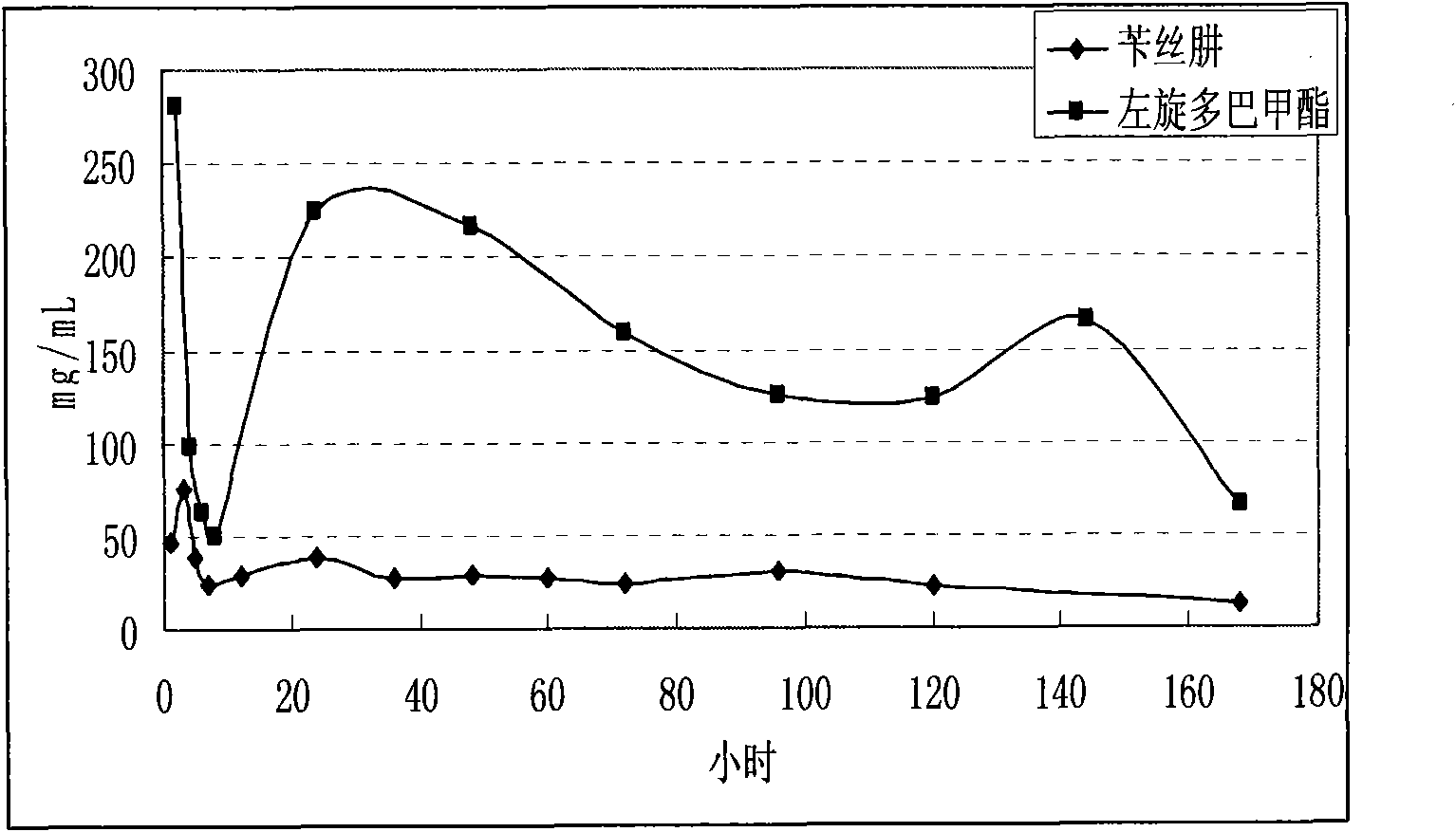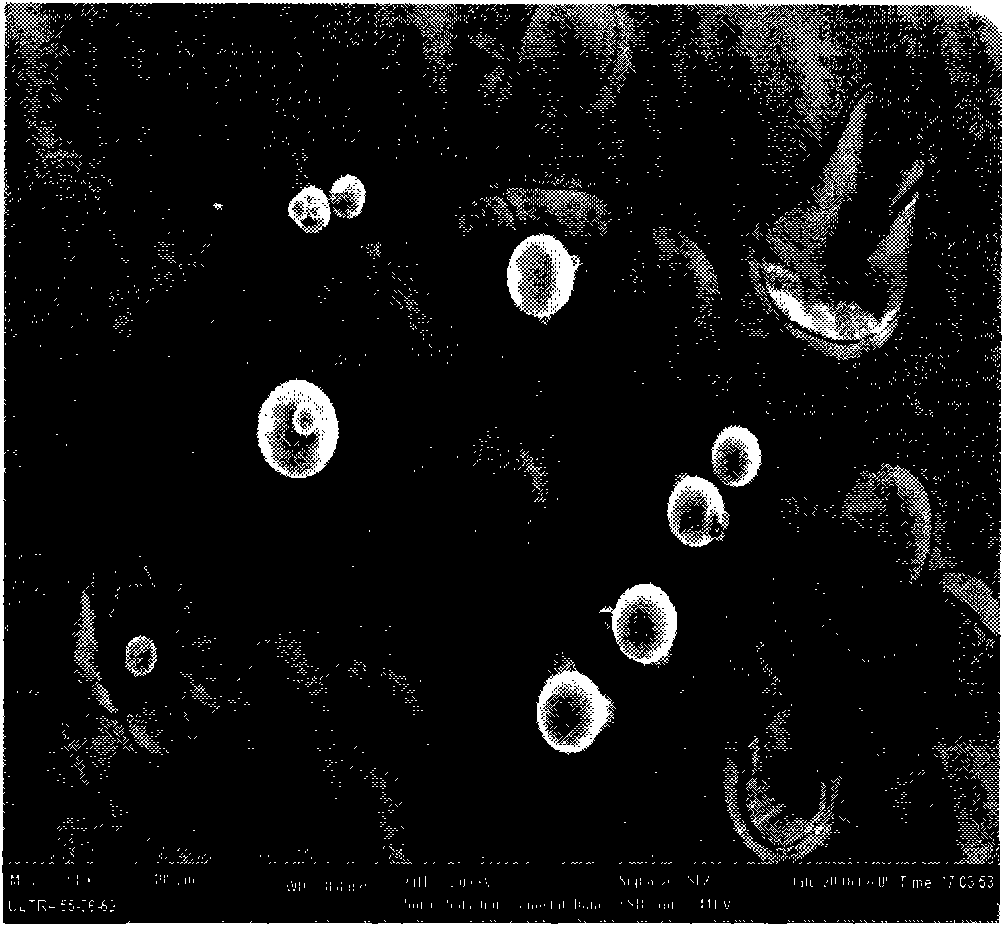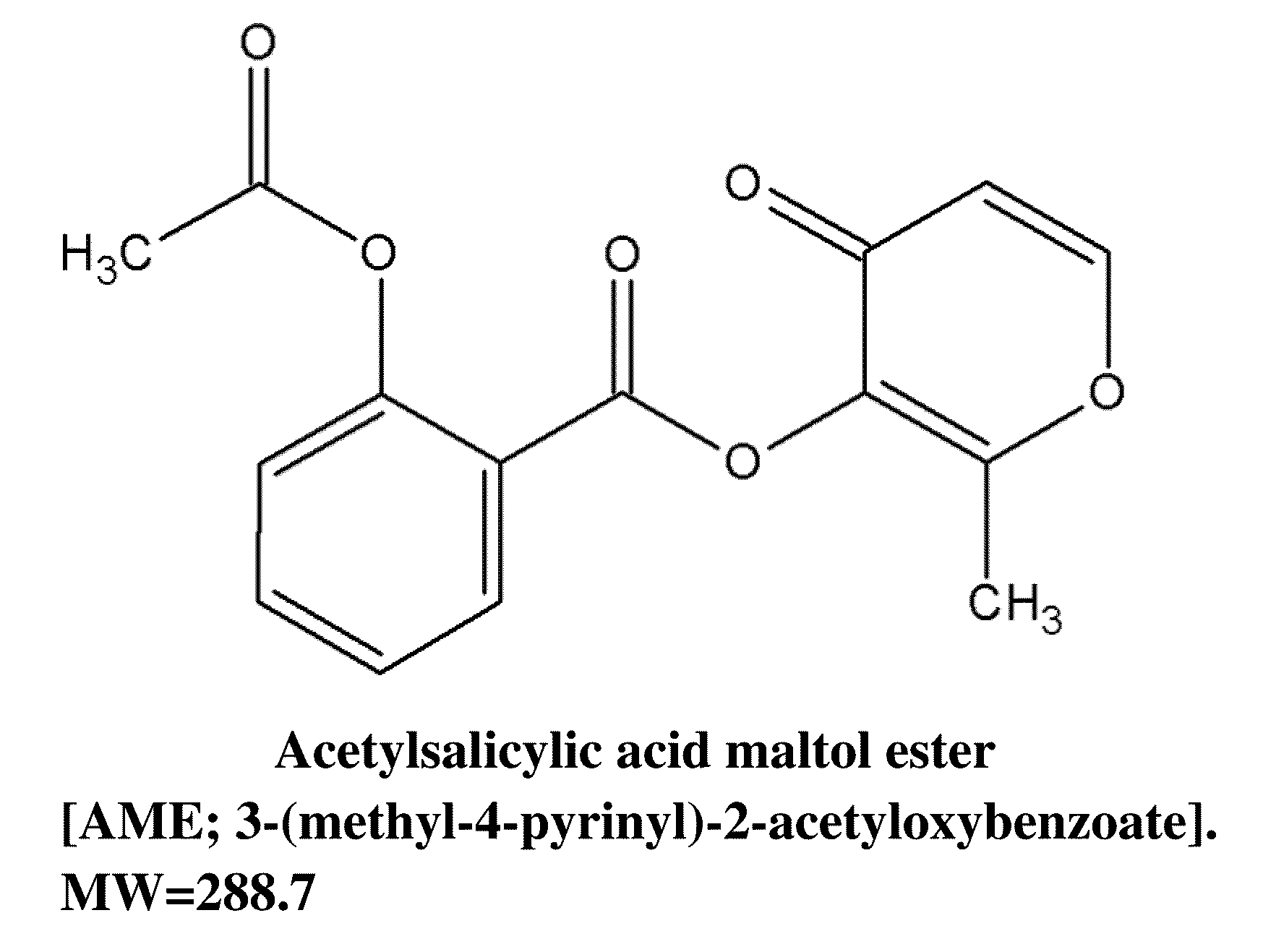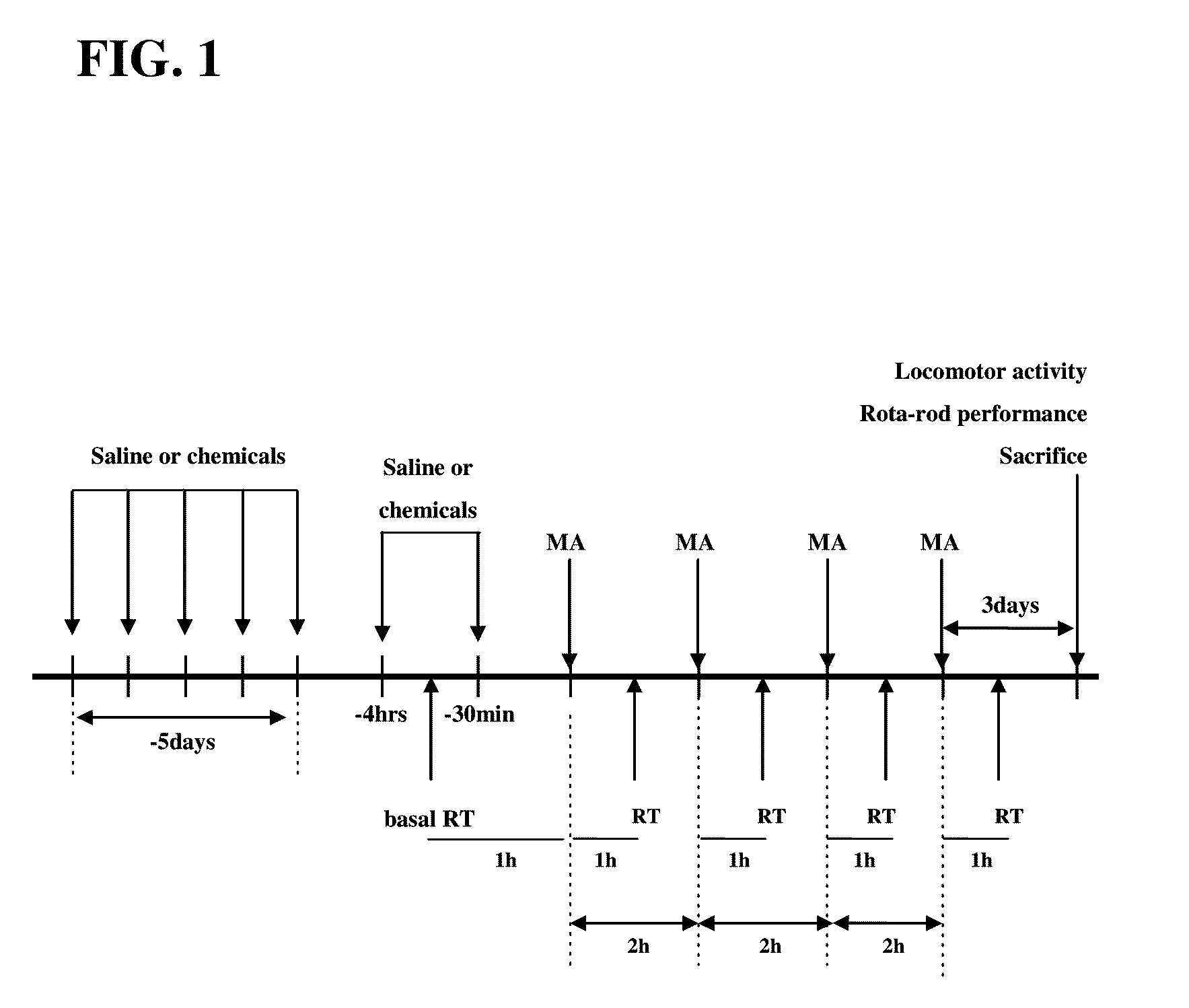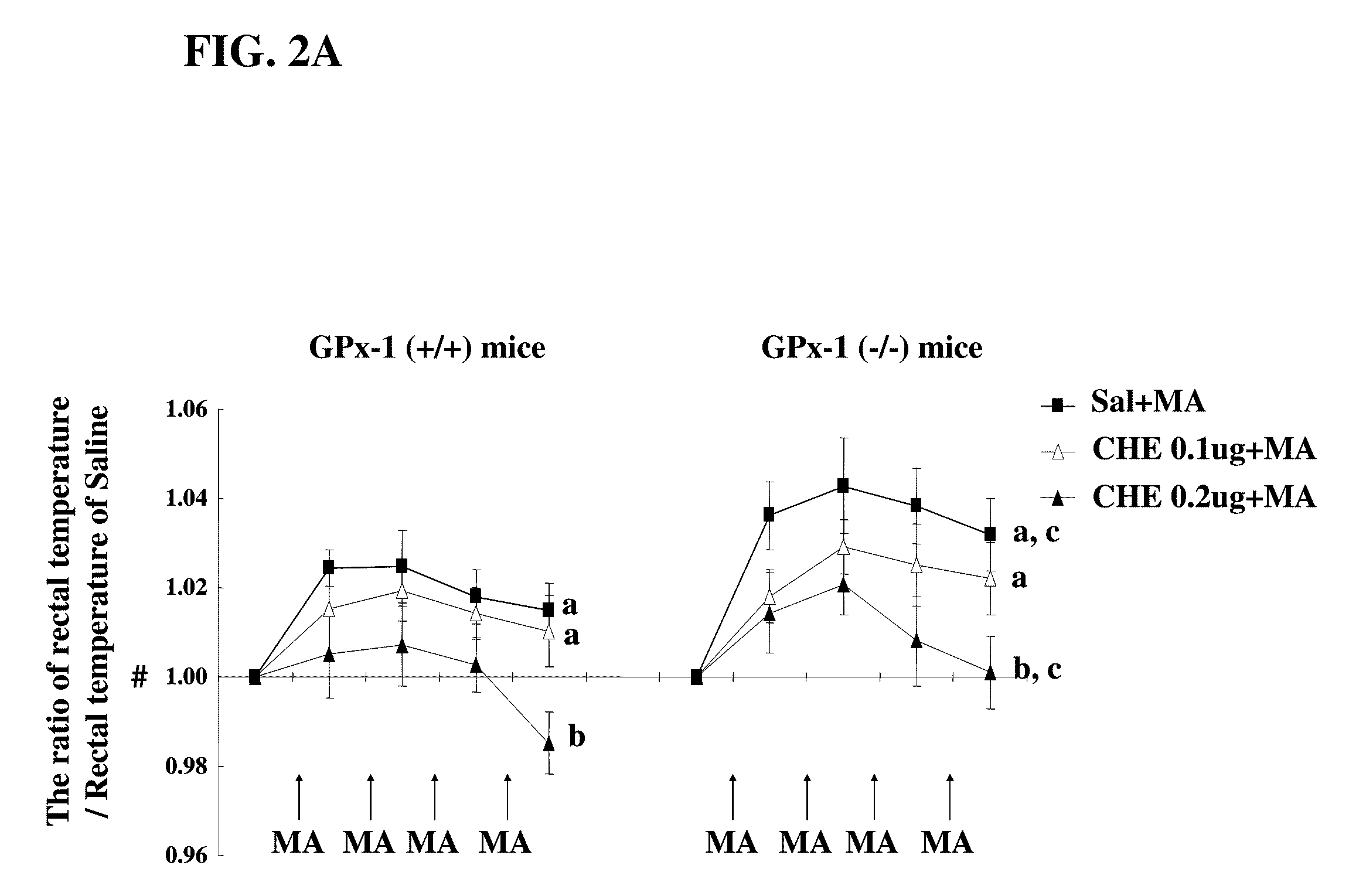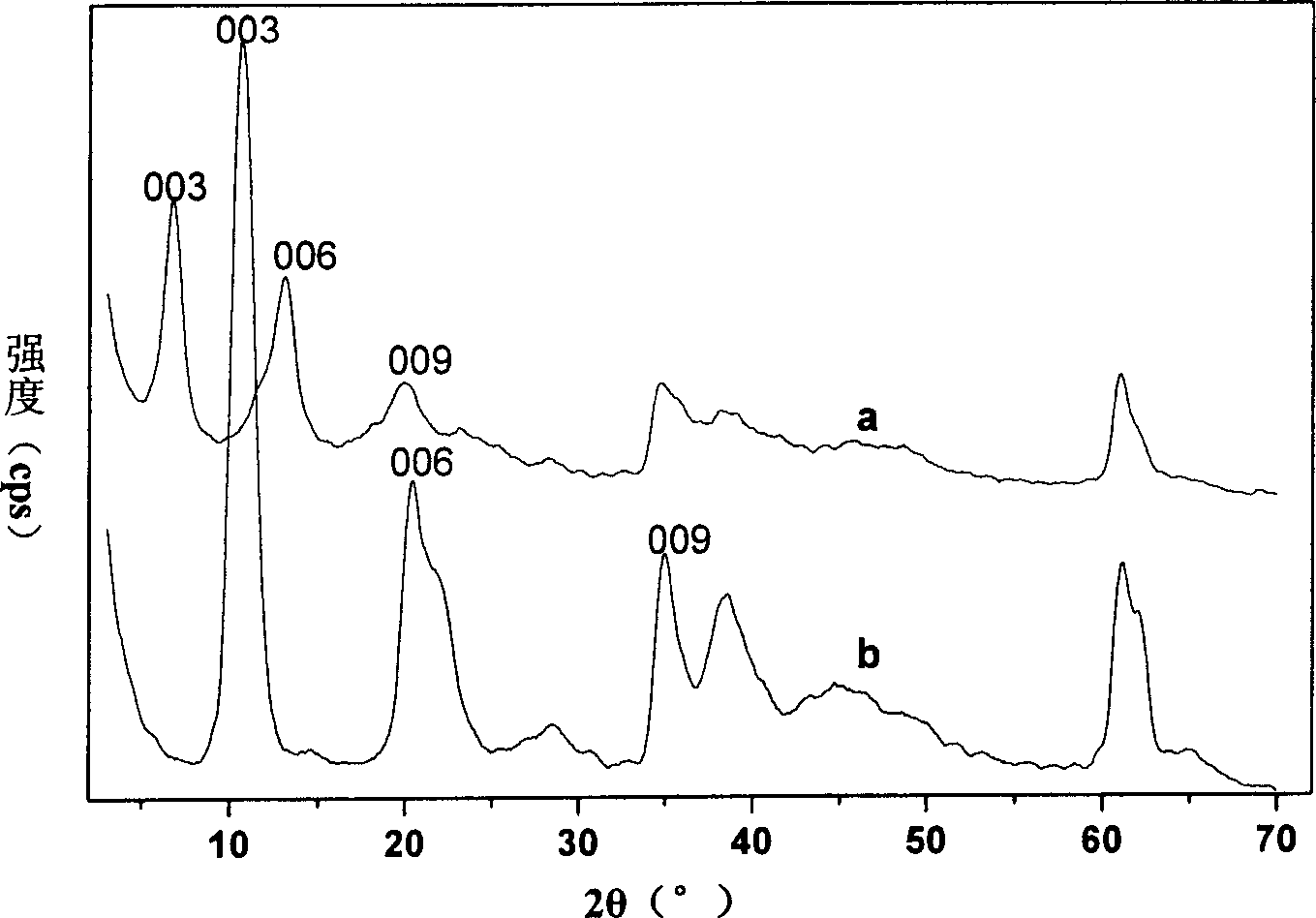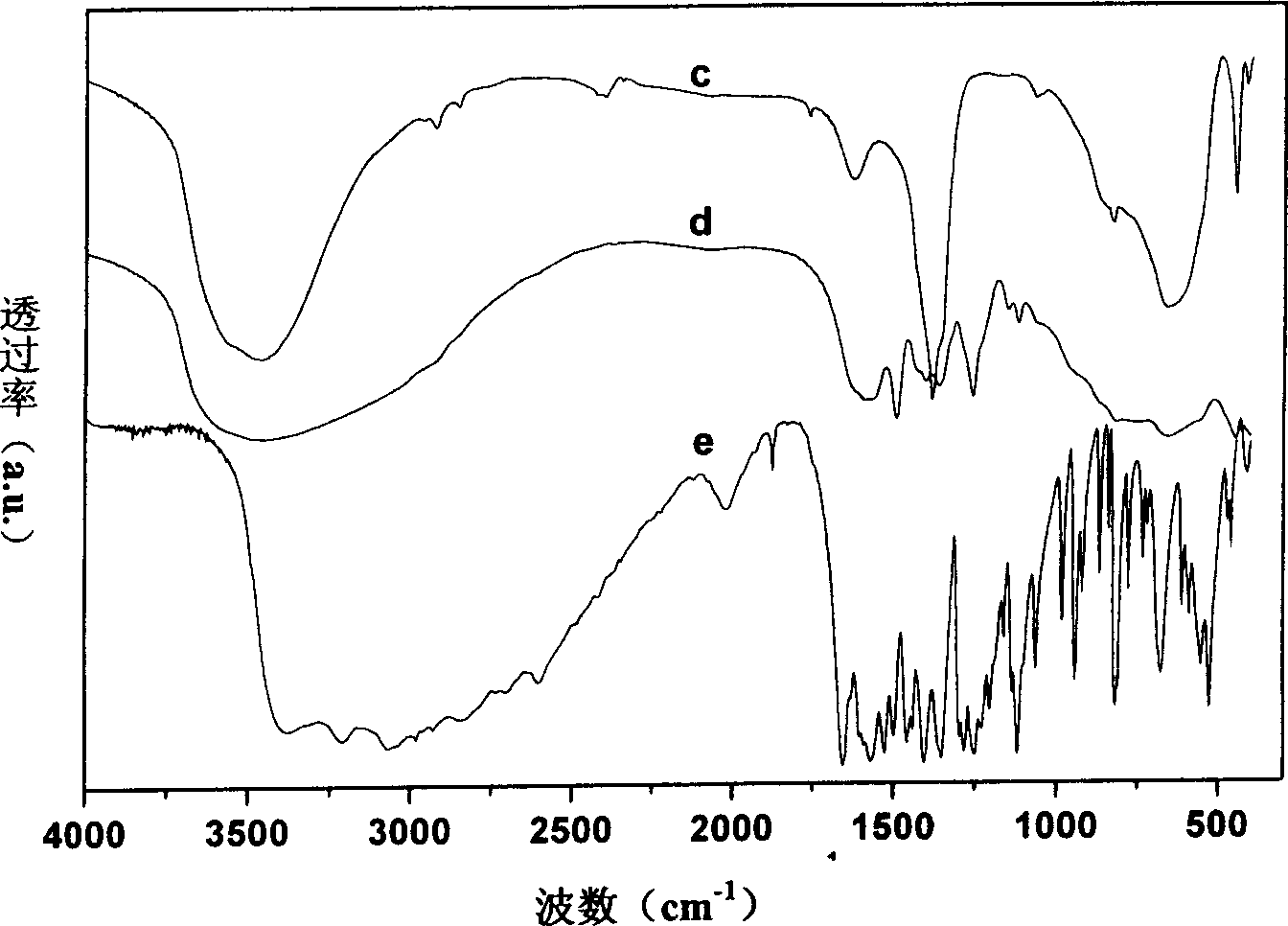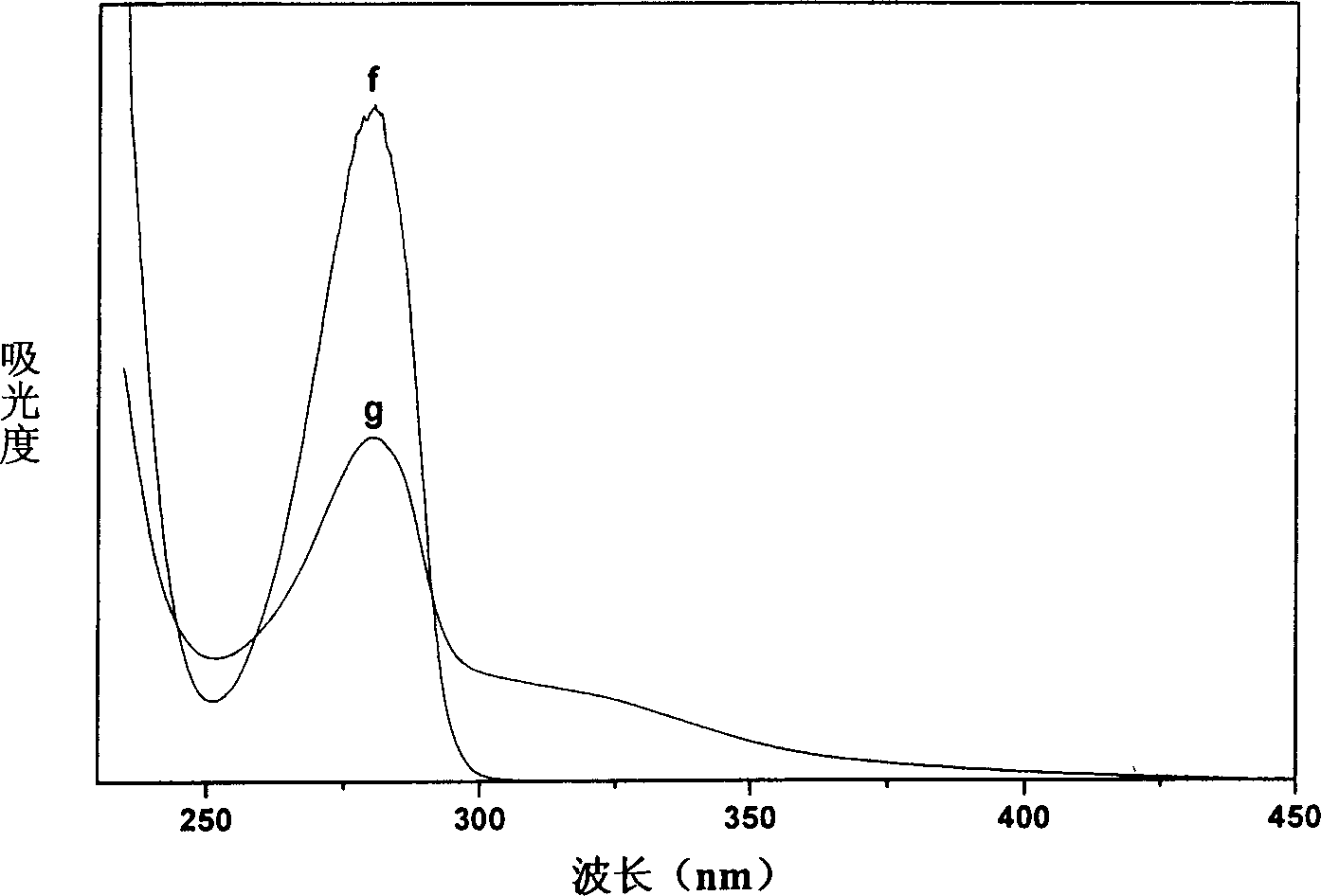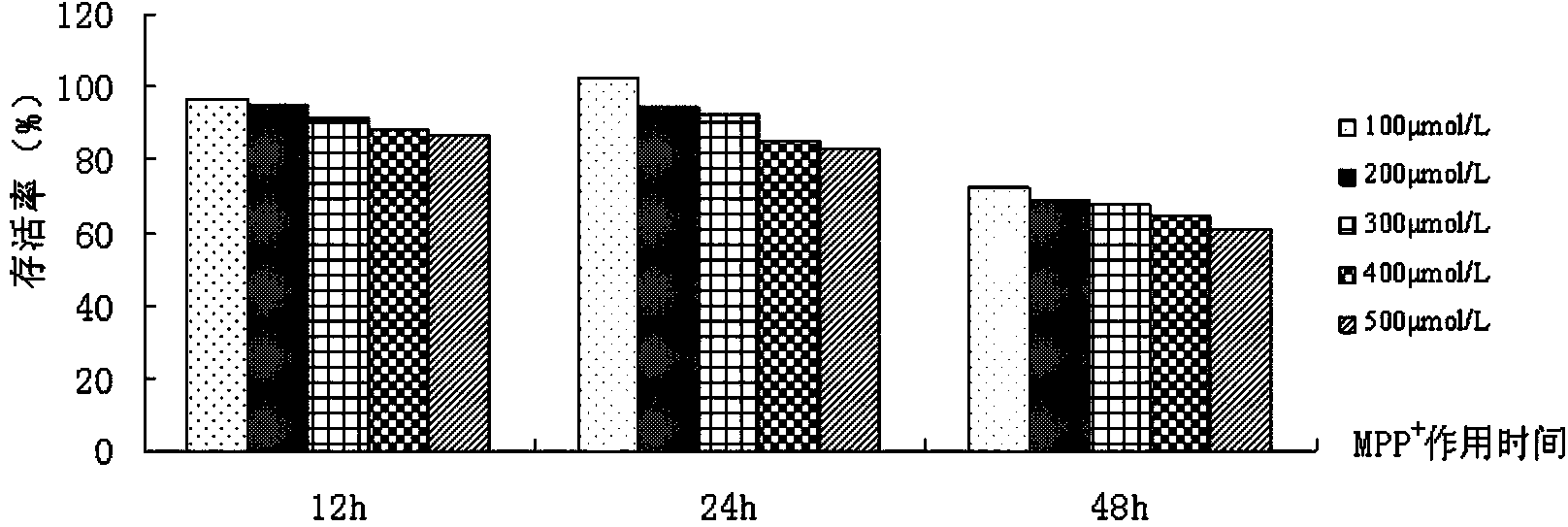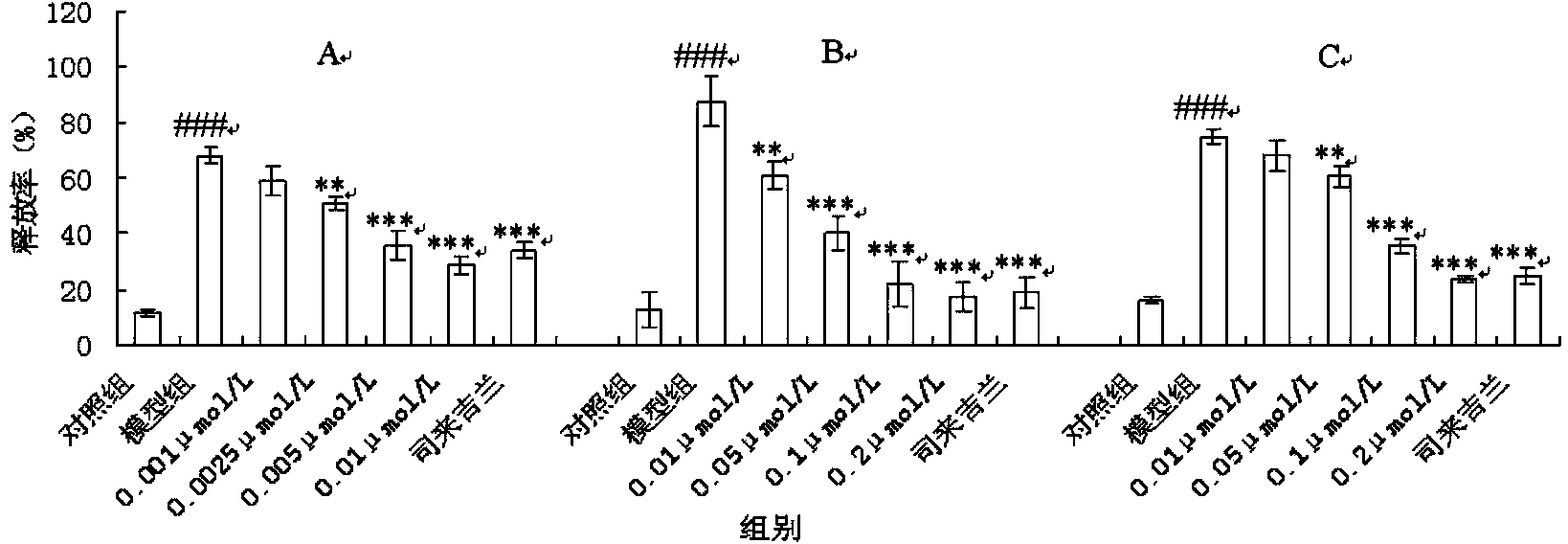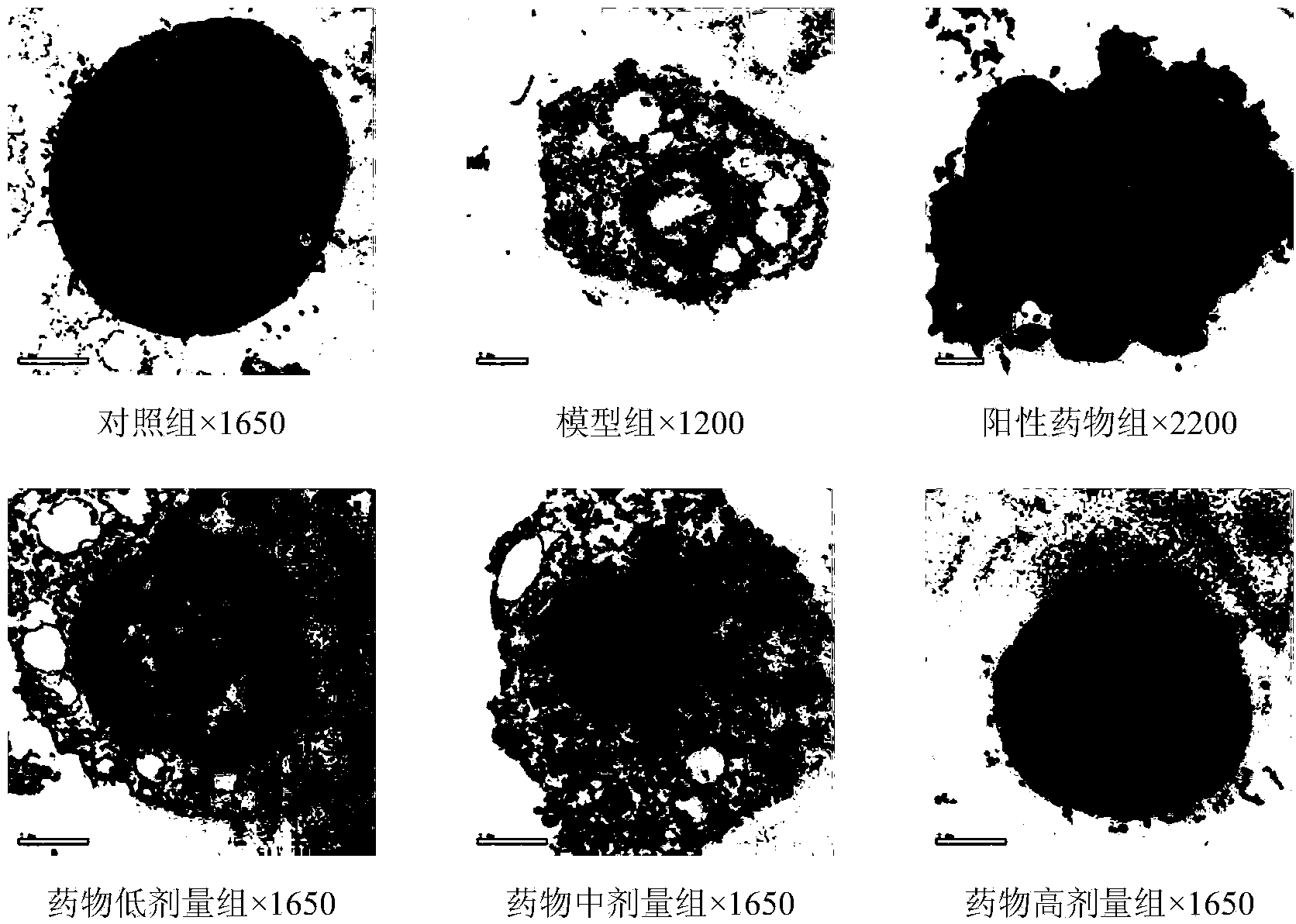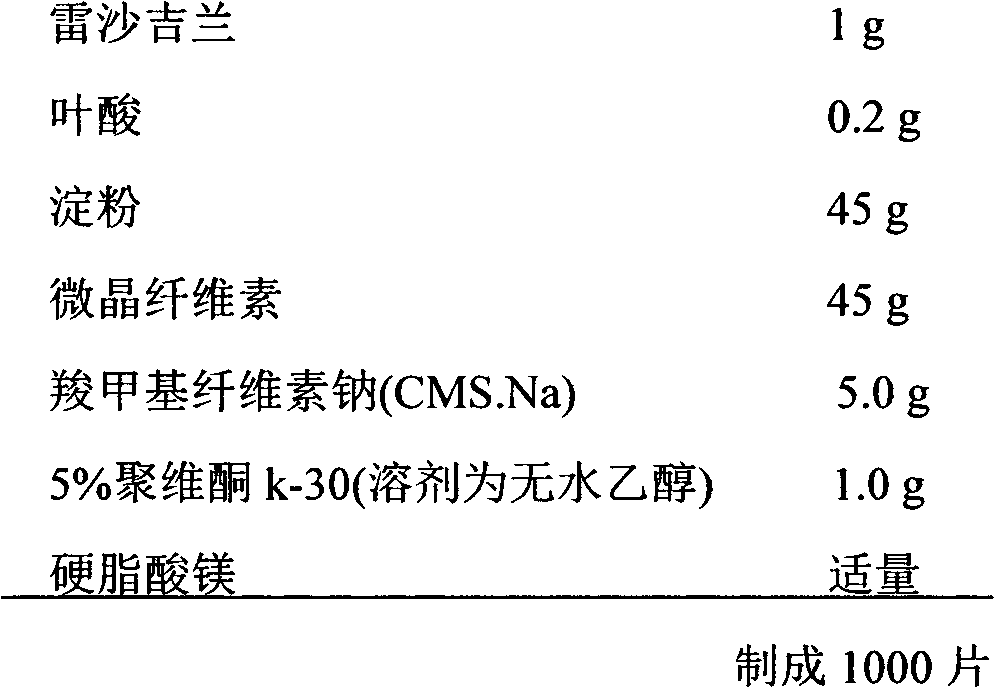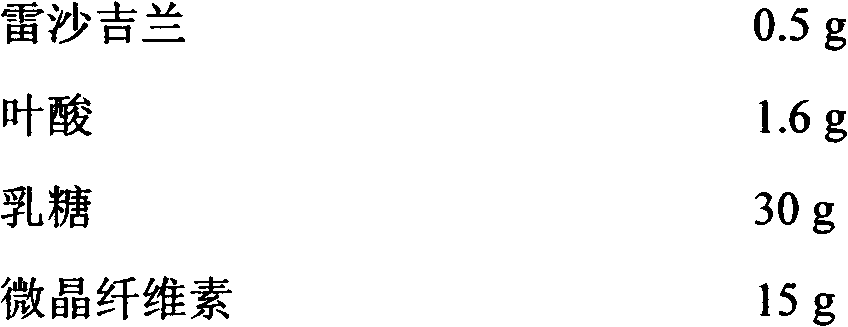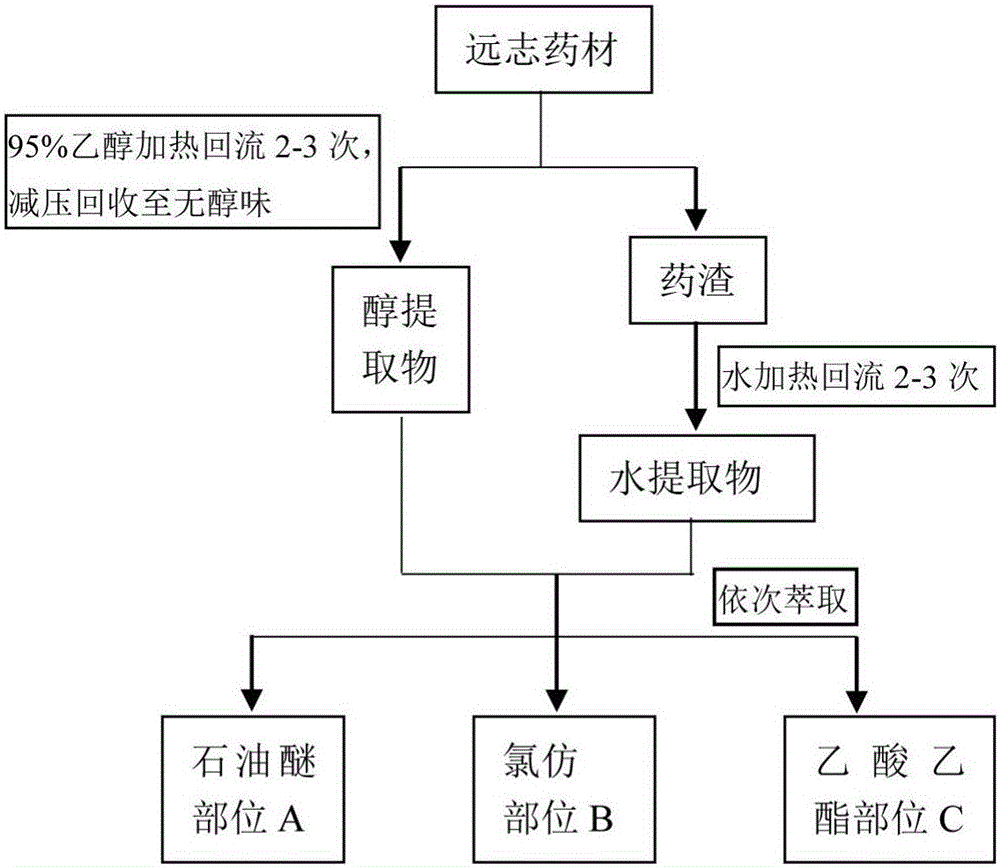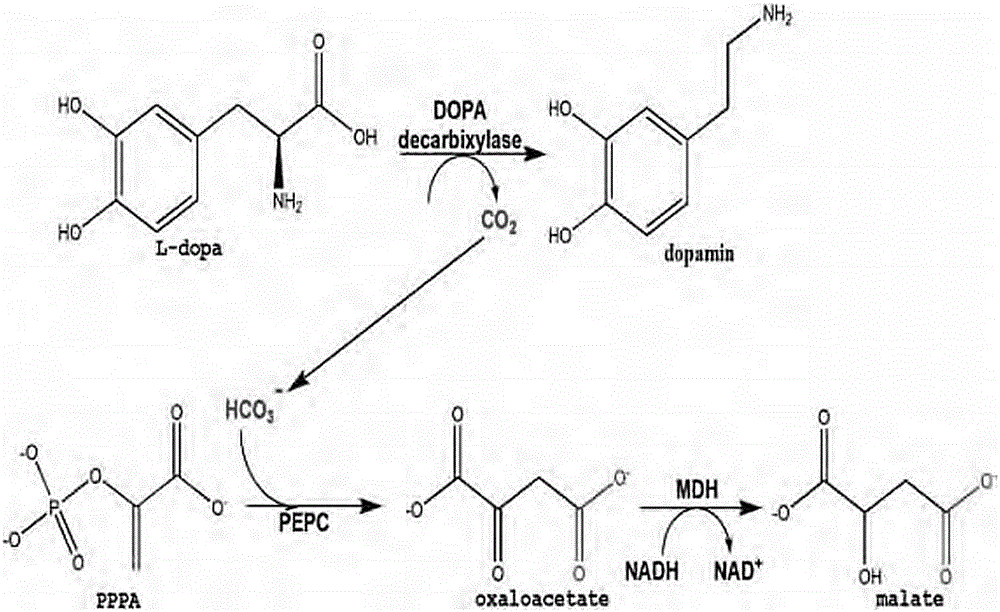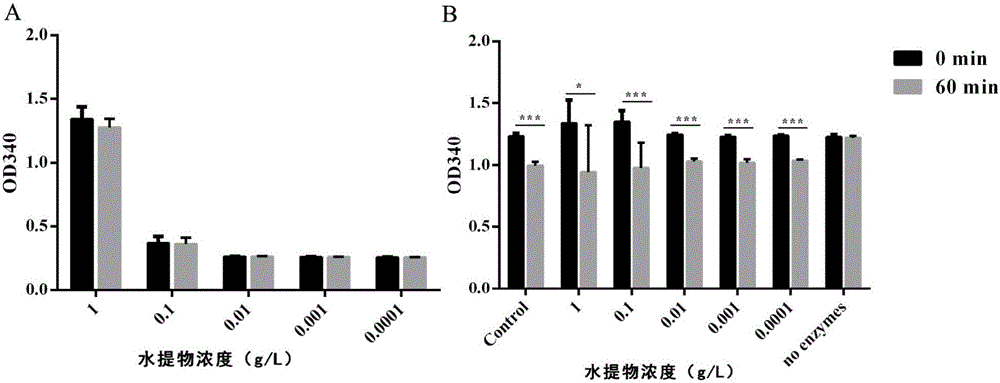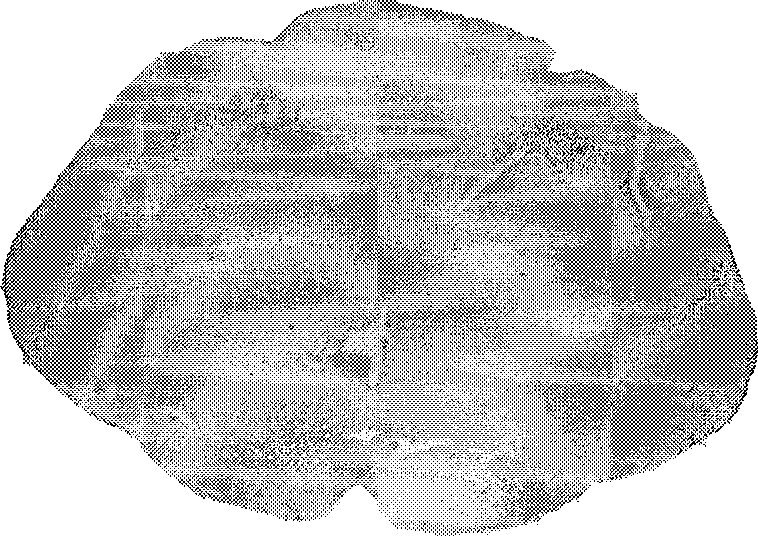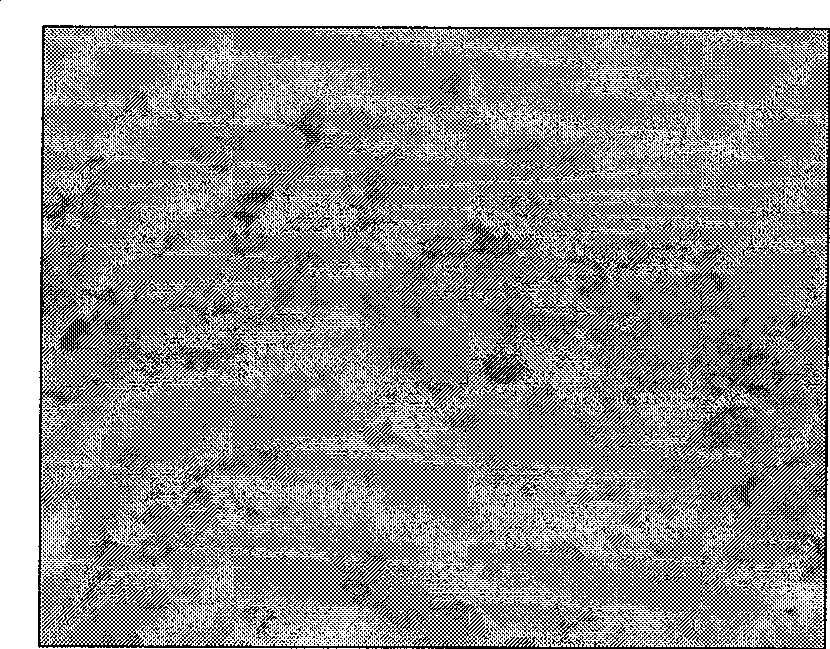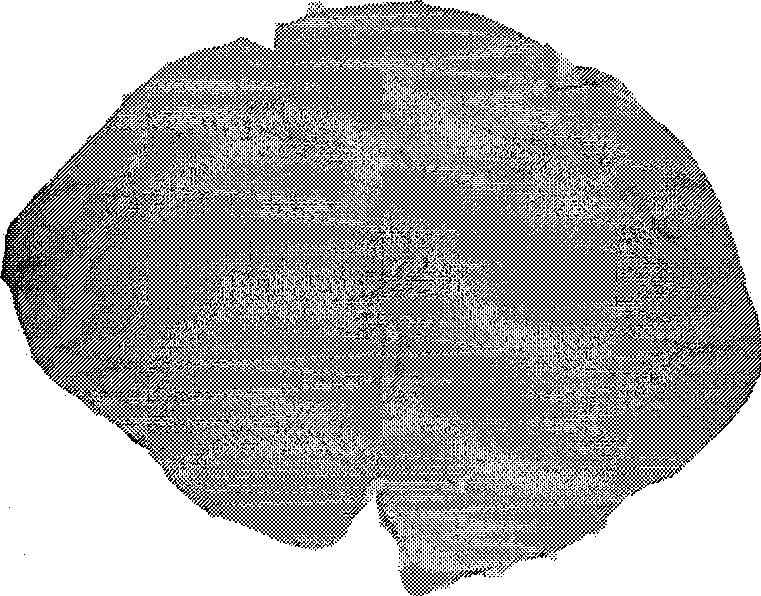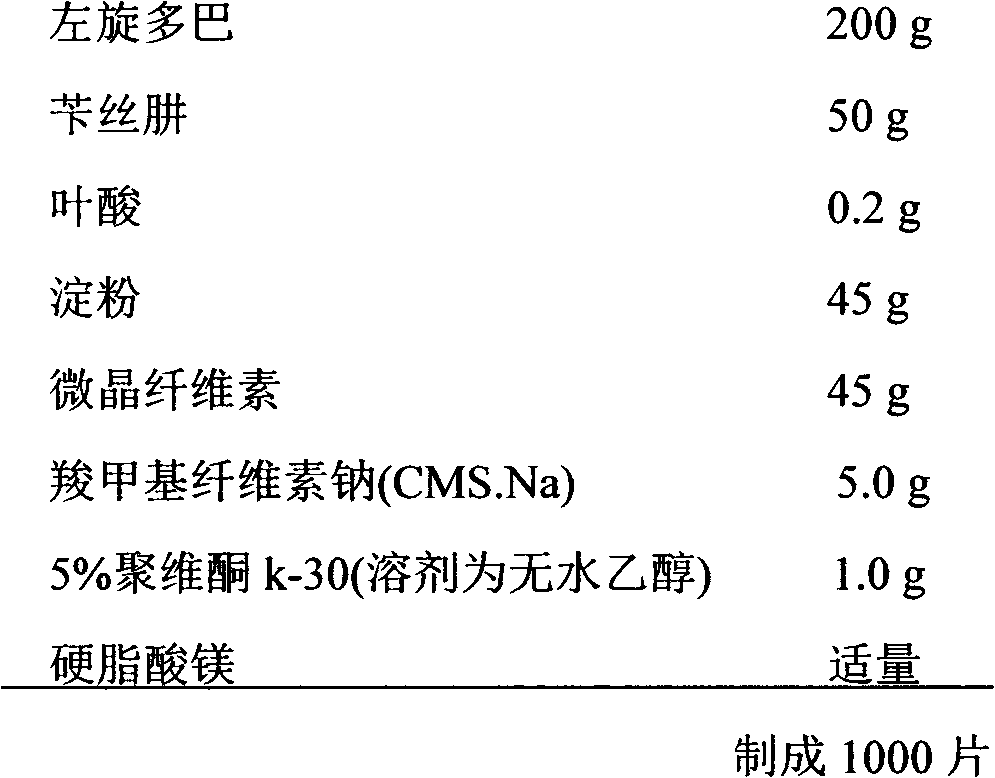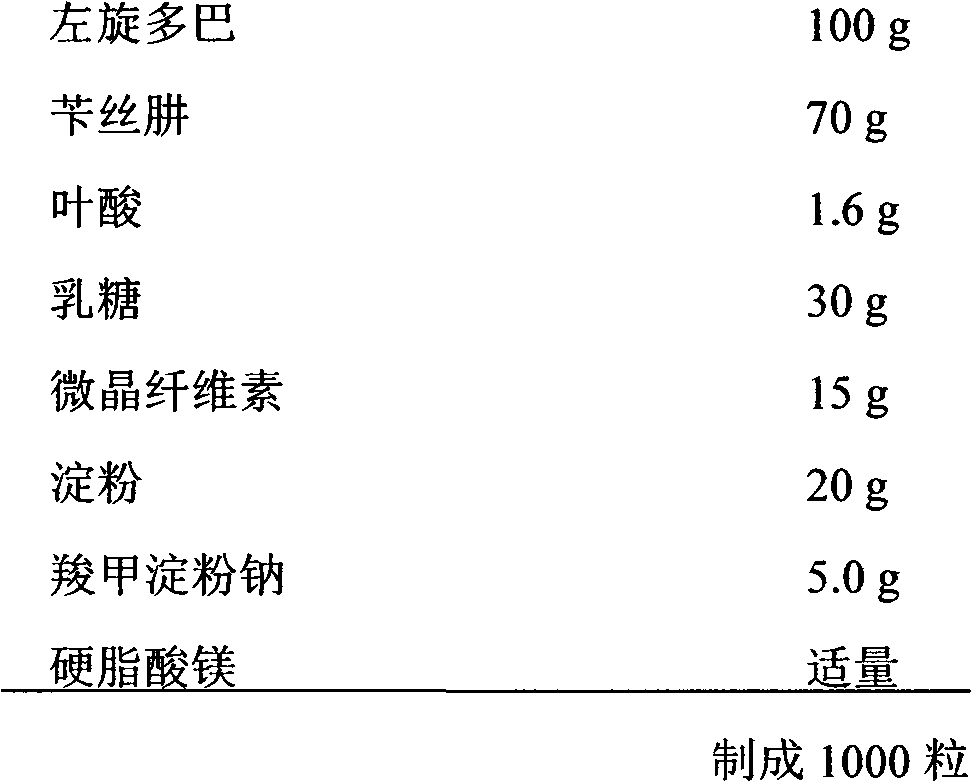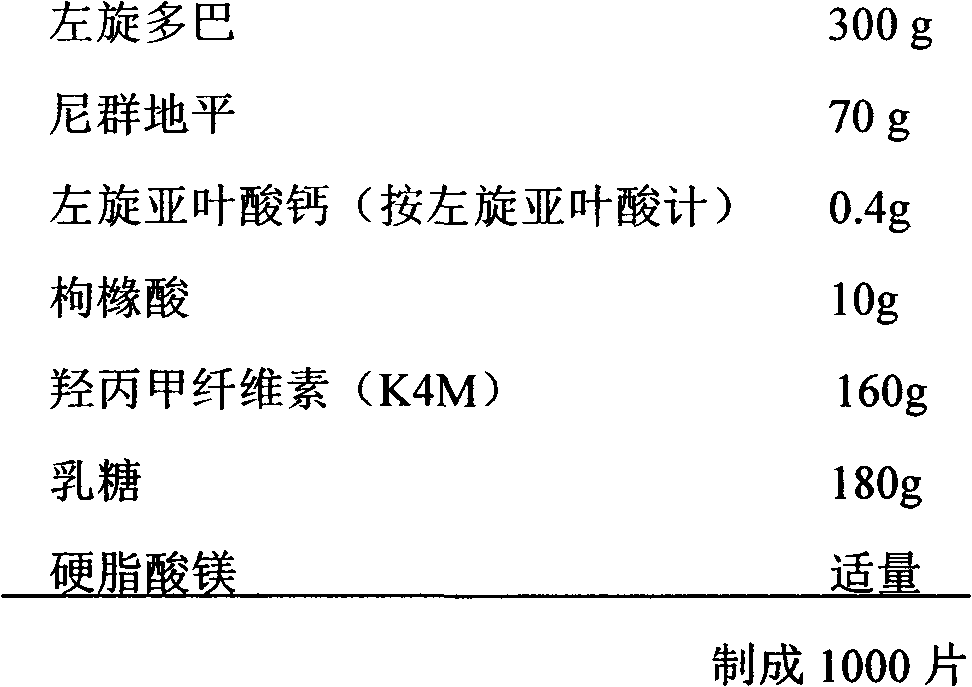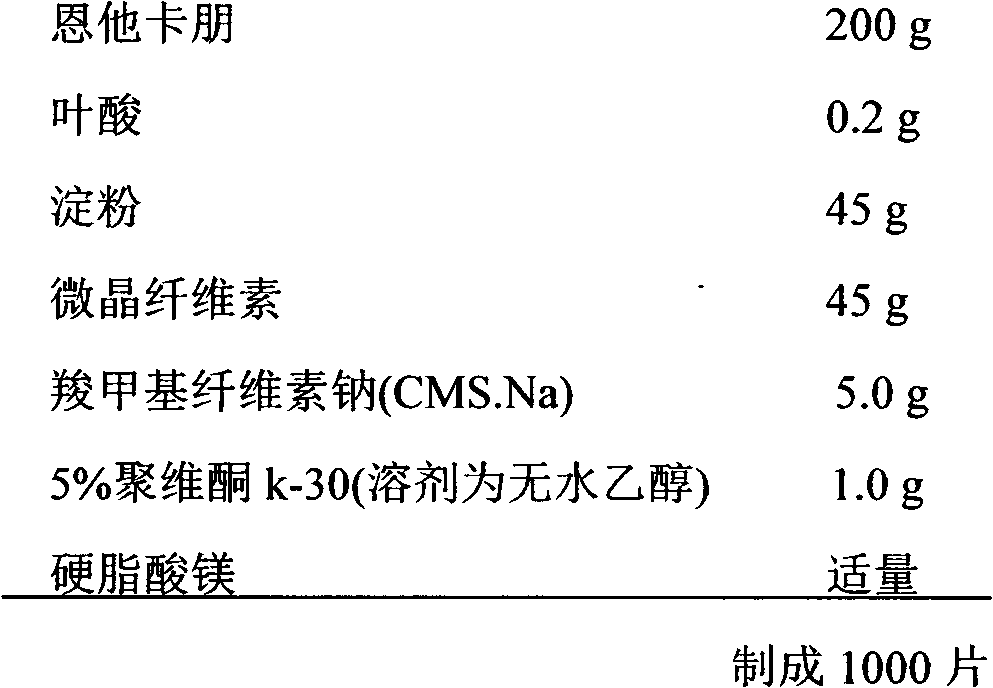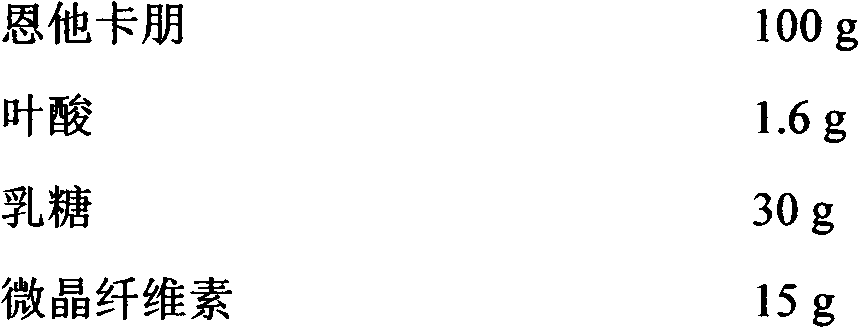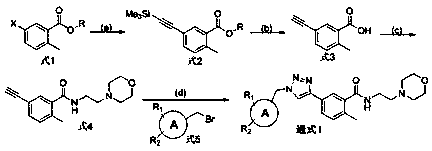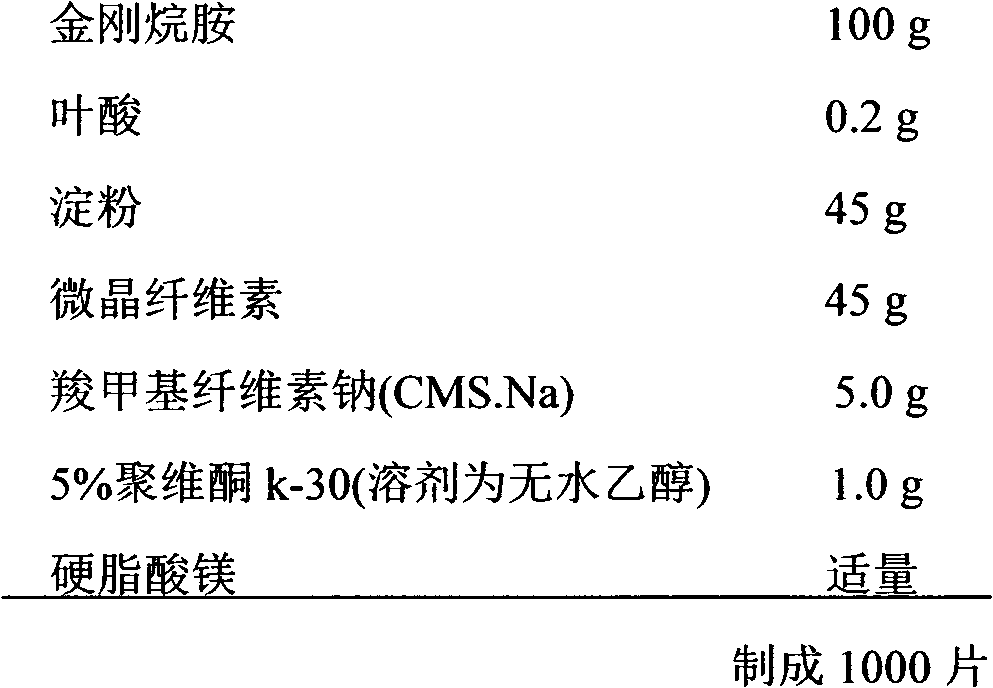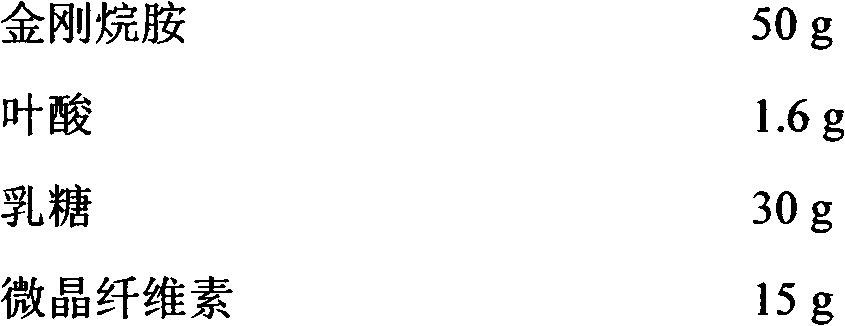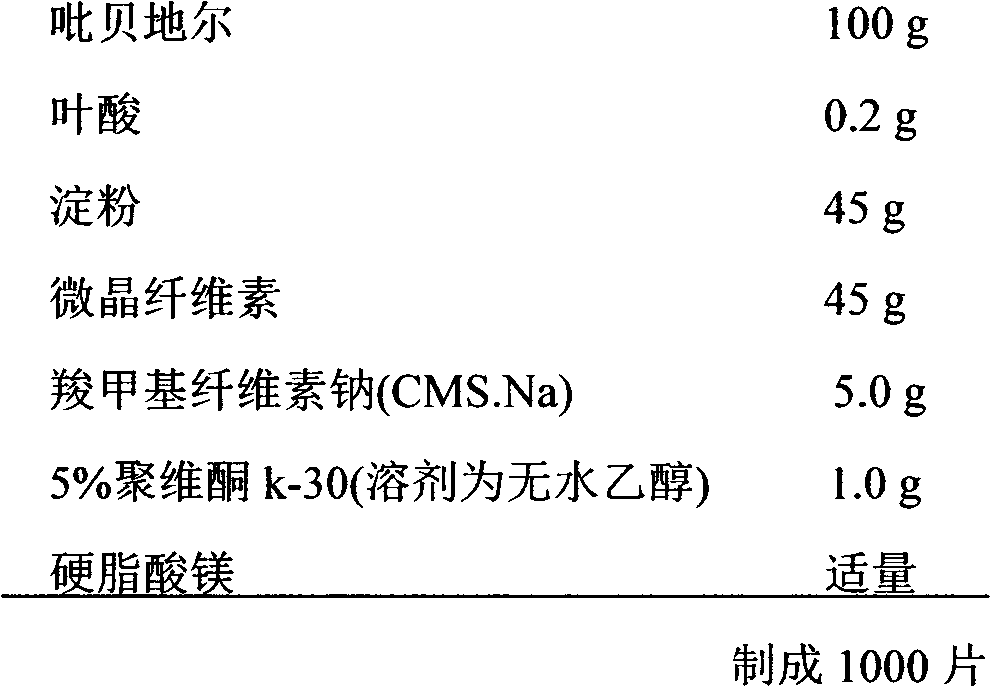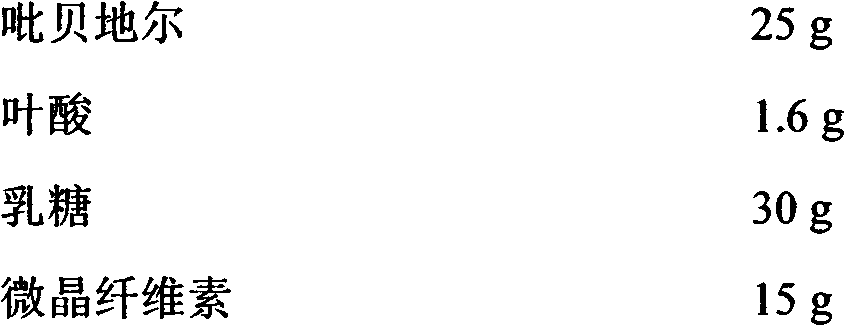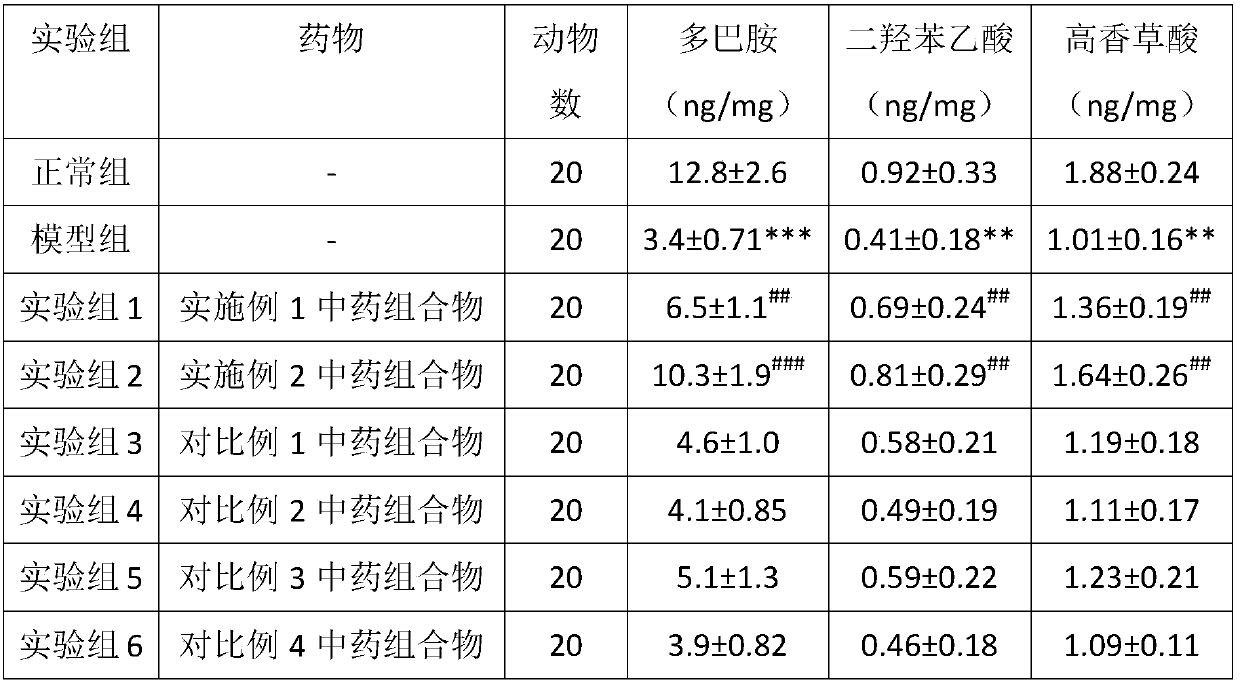Patents
Literature
45 results about "Antiparkinsonian drugs" patented technology
Efficacy Topic
Property
Owner
Technical Advancement
Application Domain
Technology Topic
Technology Field Word
Patent Country/Region
Patent Type
Patent Status
Application Year
Inventor
Antiparkinson medication. An antiparkinson medication is a type of drug which is intended to treat and relieve the symptoms of Parkinson's disease. Most of these agents act by either increasing dopamine activity or reducing acetylcholine activity in the central nervous system.
Antiparkinson dosage form
InactiveUS6217905B1Exclude influenceAdministration limitationPill deliveryOsmotic deliveryDiseaseAntiparkinsonian drugs
A dosage form is disclosed comprising an anti-Parkinson's disease drug for administering to a patient in need of anti-Parkinson's disease therapy.
Owner:ENCINAL PHARMA INVESTMENTS
Improved process for preparing 2,3-dihydro-1H-indenes-1-amine and derivative thereof
InactiveCN101062897AEase of industrial productionEasy to operatePreparation by N-O/N-N bondsAmino preparation by functional substitutionHydrogenAntiparkinsonian drugs
The invention discloses an improved preparing method of anti-parkinson medicine detonate sand java blue important intermediate 2, 3- di-hydrogen- 1H-indenes-1-amine, which is characterized by the following: reacting 2, 3- di-hydrogen- 1H-indenes-1-ketoximes and alumino-nickel in queous alkali getting the product. This invention also discloses a 'one pot boiling' preparing method of 2, 3- di-hydrogen- 1H-indenes-1-amine with 2, 3- di-hydrogen- 1H-indenes-1- ketone. This invention also discloses a 'two steps one pot boiling' preparing method and 'three steps one pot boiling' preparing method of detonate sand java blue with 2, 3- di-hydrogen- 1H-indenes-1-ketoxime and 2, 3- di-hydrogen- 1H-indenes-1- ketone. This invention possesses simple operation, low cost and high productive efficiency, which is fit for industrial production.
Owner:CHONGQING PHARMA RES INST +1
Venlafaxine osmotic device formulation
InactiveUS20070077301A1Reduced food effectReducing food effectBiocideOrganic active ingredientsImmediate releaseNeurological disorder
The present invention provides an osmotic device containing controlled release venlafaxine in the core, wherein the osmotic device exhibits a reduced food effect as compared to a reference controlled release capsule formulation. Some embodiments include venlafaxine in controlled release form in combination with an anti-Alzheimer's or an anti-Parkinson's drug in a rapid release external coat. Memantine is used as an anti-Alzheimer's drug or an anti-Parkinson's drug. Particular embodiments of the invention provide osmotic devices having predetermined release profiles. One embodiment of the osmotic device includes an external coat that has been spray-coated rather than compression-coated onto the device. The device is useful for the treatment of depression in Alzheimer's and / or Parkinson's patients. The device and method can also be used to treat or ameliorate other symptoms associated with Alzheimer's disease, Parkinson's disease or any other neurological disorder. Other dosage forms that provide a controlled, sustained or extended release of venlafaxine in combination with a rapid or immediate release of memantine are useful in the invention.
Owner:OSMOTICA KERESKEDELMI & SZOLGALTATO
Long-acting sustained-release preparation for resisting Parkinson's disease and preparation method thereof
ActiveCN107049985AReduce fluctuations in concentrationNo drug burstOrganic active ingredientsNervous disorderMicrosphereMicrometer
The invention discloses a long-acting sustained-release preparation for resisting Parkinson's disease and a preparation method thereof. The long-acting sustained-release preparation refers to microspheres, each microsphere comprises rasagiline or pharmaceutically acceptable salt thereof and biodegradable high-biocompatibility molecular polymer, and the microspheres includes the microspheres with the average particle size of 0.5-5 micrometers and the microspheres with the average particle size of 20-150 micrometers. The two kinds of microspheres different in particle size are properly matched and used in the pharmaceutical composition, the fluctuation of the concentration of rasagiline in plasma can be significantly reduced, and there is no obvious delayed release period. At the same time, the long-acting sustained-release preparation has no drug releasing phenomenon under the condition of high drug loading.
Owner:AC PHARMA CO LTD
Atractylenolide extract having antiparkinsonian effect, preparation method and application thereof
InactiveCN105267274AIncrease contentHigh extraction rateNervous disorderPlant ingredientsAntiparkinsonian drugAtractylenolide III
The invention discloses atractylenolide extract having antiparkinsonian effect, a preparation method and application thereof. Weight percentages of atractylenolide I, atractylenolide II and atractylenolide III in the atractylenolide extract are larger than 5%, 10% and 20% respectively, and purity of total lactone is larger than 35%. The application refers to that the atractylenolide extract is used to prepare antiparkinsonian drug. The preparation method includes that oxidant is added into white atractylode rhizome powder, and atractylone in white atractylode rhizome volatile oil is oxidized into atractylenolide compounds, so that content of atractylenolide is increased; zinc particles are added into an extraction solution to protect generated compounds such as atractylenolide from being further oxidized and degraded. The preparation method is simple, convenient and practical, easy to operate and more suitable for industrial production, and has remarkable progressiveness and practical value.
Owner:LIAONING UNIV OF TRADITIONAL CHINESE MEDICINE
Organic amine ester derivative drug of 2-(alpha hydroxyl amyl) benzoic acid
ActiveCN108715579AImprove solubilityIncrease concentrationOrganic active ingredientsNervous disorderDiseaseSolubility
The invention discloses a preparation method and an application of an organic amine derivative drug of 2-(alpha hydroxyl amyl) benzoic acid, and particularly relates to a compound shown as general formula I as shown in the specification, or pharmaceutically acceptable salt of the compound, and a pharmaceutically acceptable preparation prepared from the compound or the pharmaceutically acceptable salt of the compound. The compound as shown as the general formula I or the pharmaceutically acceptable salt of the compound has better solubility and lower hygroscopicity in vitro, has significantly higher bioavailability and a brain aggregation concentration and / or an improved drug effect in vivo as compared with an active compound, namely butyphthalide, and is applied in preparation of drugs forpreventing / treating ischemic cardiovascular and cerebral vascular diseases, cardiac and cerebral arterial occlusion diseases, antiparkinsonism drugs and anti-senile dementia drugs.
Owner:YAOPHARMA CO LTD
Application of tekaning (Chinese character) in preparation of mitochondrial injury protective agent
InactiveCN103877094AAvoid damagePromote autophagyNervous disorderFood preparationDiseaseSignalling molecules
The invention discloses application of a compound tekaning (Chinese character) with a structure in a formula (I) in the specification in preparation of a mitochondrial injury protective agent. In addition, the invention also discloses the mitochondrial injury protective agent of which the effective component is the compound tekaning with the structure in the formula (I). The application fully proves that the compound tekaning, and drugs, drinks or health products containing effective components of the compound tekaning can be used for effectively promoting expression of mitochondrial autophagy key signal molecules, and enhancing mitochondrial autophagy to inhibit the mitochondrial injury, so as to effectively clear mitochondrial dysfunction existing in cortical neuron, especially, dopaminergic neurons of the brain of which the mitochondrial mass is relatively low. Thus, the dopaminergic neuron is protected to play the roles of relieving parkinson's disease and the like and treating a nerve disease.
Owner:何蓉蓉
Application of imatinib mesylate in preparation of drugs for resisting Parkinson's disease (PD)
InactiveCN102406648AImprove motor dysfunctionImprove cognitive impairmentOrganic active ingredientsNervous disorderPhosphorylationApoptosis
The invention discloses an application of imatinib mesylate in preparation of drugs for resisting Parkinson's disease (PD). The application of imatinib mesylate (STI571) in preparation of drugs for treating neurodegenerative diseases belongs to the protective range of the invention, and the neurodegenerative diseases can be PD. An experiment proves that by continuous administration of the STI571, the dyskinesia induced by MPTP can be obviously improved, and the cognitive dysfunction of mice can be improved. The STI571 can obviously improve the dopaminergic neuron loss induced by the MPTP, can inhibit the rat CA1 and DG (diacylglycerol) region nerve cell apoptosis reaction induced by rotenone, can obviously inhibit the primary substantia nigra neuron apoptosis and Lewy protein expression induced by rotenone, and can inhibit the phosphorylation activation of PKC (Protein Kinase C) and Akt. The STI571 used as a specific inhibitor of c-Ab1 can resist the formation of PD, can improve the behavioral abnormity and cognitive dysfunction of PD, can be used as a new candidate drug for resisting neurodegenerative diseases such as PD and the like, and has favorable application prospects; and the clinical indications of the STI571 are greatly expanded.
Owner:INSITUTE OF BIOPHYSICS CHINESE ACADEMY OF SCIENCES
Alkaloid compound with 1,2,3-triazole structure segment and application of compound
InactiveCN105753795AHas inhibitory activityOrganic active ingredientsNervous disorderAntiparkinsonian drugsStructural formula
The invention discloses an alkaloid compound with a 1,2,3-triazole structure segment and application of the compound.The compound has the general structural formula as shown in the description.The alkaloid compound with the 1,2,3-triazole structure segment is novel in structure, synthetic route operation is easy and convenient, the yield is high, and the safety is good.It is proved through experiments that the compound has certain inhibitory activity on Keap1-Nrf2 protein and protein interaction, and it is promoted through research results that the compound has potential application in the drug research field of tumor resistance, inflammation resistance, Parkinson's disease resistance and Alzheimer's disease resistance.
Owner:UNIV OF JINAN
Synthesis method of metixene hydrochloride
InactiveCN101525333AWide variety of sourcesLow priceNervous disorderOrganic chemistryAntiparkinsonian drugBenzoic acid
A synthesis method of metixene hydrochloride relates to a synthesis process of an antiparkinsonian drug. The synthesis method comprises the following steps: taking thiosalicylic acid as a raw material to obtain 2-thiophenyl benzoic acid by coupling with iodobenzene; then dehydrating and cyclizing to obtain 9-thioxanthone; reducing a carbonyl to obtain thioxanthene; and finally allowing the thioxanthene to react with 3-chloromethyl-1-pipecoline to obtain the target product (5) metixene hydrochloride shown as a formula (5) below. The synthesis method has the advantages of available raw materials, low cost, short preparation course, simple operation and easy industrialization, and helps produce the metixene hydrochloride which is the antiparkinsonian drug.
Owner:EAST CHINA NORMAL UNIV
Synthesis method for dopa-containing oligopeptide and application of dopa-containing oligopeptide in antiparkinsonian prodrugs
PendingCN110294789AAvoid structural instabilityOvercome the instability of the structure and the lack of long-term preservationNervous disorderDipeptide ingredientsSide effectDipeptide
The invention discloses a synthesis method for dopa-containing oligopeptide and application of the dopa-containing oligopeptide in antiparkinsonian prodrugs. According to the synthesis route, in the synthesis process, a prepared dopa-containing dipeptide intermediate protected by actonide has good stability and can be stably stored for a long time, and the dopa-containing dipeptide can be converted only in one step, which overcomes the defects that the dopa-containing dipeptide structure is not stable and cannot be stored for a long time. The method has the advantages that the universality isgood, the defect that a reflux reaction is needed in the prior art is overcome, the reaction condition is mild, side reactions are fewer, the cost of raw materials is lower, and the product has higherpurity and is easy to separate; the prepared dopa-containing dipeptide has good stability in liver homogenate and strong degradation resistance, is expected to be developed into a high-bioavailability and long-acting Parkinson's disease treatment drug, and is expected to significantly reduce the side effects of L-DOPA in treating the Parkinson's disease due to the fact that the bioavailability isgreatly improved.
Owner:HAINAN UNIVERSITY
Medicament based on rosmarinic acid and application thereof in treating Parkinson's disease
InactiveCN101773488AReduced survival rateReduce generationOrganic active ingredientsNervous disorderSide effectMembrane potential
The invention relates to a medicament based on rosmarinic acid and application thereof in treating Parkinson's disease. According to the formula of the medicament, the medicament comprises rosmarinic acid and sodium citrate with the molar concentration thereof being 1:104 to 1:1011. The medicament achieving the effect of neuroprotection in MES23.5 dopaminergic cells can obviously relieve the reduction in the survival rate of the MES23.5 cells caused by the induction of neurotoxin, i.e., 6-hydroxydopamine (6-OHDA) or 1-methyl-4-phenylpyridine cations, obviously relieve the reduction in the mitochondrial membrane potential of the cells caused by the induction of neurotoxin, i.e., 1-methyl-4-phenylpyridine cations and the generation of ROS (reactive oxygen species) substances and obviously improve the morphologic changes of nuclei caused by the induction of neurotoxin, i.e., 6-hydroxydopamine (6-OHDA) or 1-methyl-4-phenylpyridine cations, thereby achieving the effects of neuropretection, oxidation resistance and apoptosis resistance. The medicament of the invention having low toxicity and side effect has significant application prospect and actual value for the development into a novel anti-Parkinsonism natural medicament.
Owner:QINGDAO UNIV
Coumarin/pyridine hybrid derivative as well as preparation method and application thereof
ActiveCN109678848AAchieving single-molecule, multi-target effectsNervous disorderOrganic chemistryDiseaseAntiparkinsonian drug
The invention provides a coumarin / pyridine hybrid derivative shown as the formula (I) or the formula (II) and pharmaceutically acceptable salt thereof. The coumarin / pyridine hybrid derivative and thepharmaceutically acceptable salt thereof can be applied in preparation of anti-Alzheimer and antiparkinsonian drugs or drugs for treating other diseases by inhibiting MAOs (monoamine oxidases) or chelating iron ions.
Owner:ZHEJIANG UNIV OF TECH
Microsphere combination medicament containing antiparkinsonism drug and application thereof
InactiveCN101879143AGood synergyLower AIM scoreOrganic active ingredientsNervous disorderDiseaseMicrosphere
The invention relates to an application of a microsphere composition containing an antiparkinsonism drug to preparation of a medicine for preventing and treating parkinson diseases and complicating diseases of parkinson diseases. The microsphere composition containing the antiparkinsonism drug is selected from benserazide microspheres, L-dopa methyl ester microspheres, the L-dopa methyl ester microspheres and the benserazide microspheres, or L-dopa methyl ester and benserazide mixing drug microspheres. The invention also provides a microsphere combination medicament containing the antiparkinsonism drug. The invention explores novel medical application for the microsphere combination medicament containing the antiparkinsonism drug and develops a novel application field. The microsphere combination medicament containing the antiparkinsonism drug of the invention is safe and nontoxic, has strong pharmacological action and indicates good medicinal prospect.
Owner:XIN HUA HOSPITAL AFFILIATED TO SHANGHAI JIAO TONG UNIV SCHOOL OF MEDICINE
Anti-parkinsonian compound acetylsalicylic acid maltol ester
InactiveUS20110039807A1Relieve symptomsEffective anti-ParkinsonismBiocideSalicyclic acid active ingredientsAntioxidantAntiparkinsonian drugs
The present application describes a composition comprising a neuroprotective effective amount of an antioxidant acetylsalicylic acid maltol ester (AME).
Owner:KANGWON NATIONAL UNIVERSITY +1
Chiral drug intercalation hydrotalcite and its preparing method
InactiveCN1850275AGuaranteed efficacyPlay the role of sustained releaseOrganic active ingredientsNervous disorderChemical structureDisease
The present invention provides a chiral medicine intercalated hydrotalcite and its preparation method. The described chiral medicine is levodopa, said chiral medicine levodopa can be inlaid into the interlamination of hydrotalcite so as to obtain the invented product chiral medicine intercalated hydrotalcite with the effect of resisting Parkinson's disease. Said invention also provides its chemical structure formula.
Owner:BEIJING UNIV OF CHEM TECH
Application of cytochalasin H in preparation of Parkinson's disease resistant drugs
InactiveCN103816149AImprove protectionReduce concentrationOrganic active ingredientsNervous disorderPharmacyProtective drugs
The invention relates to new application of cytochalasin H in pharmacy, and particularly relates to the application of the cytochalasin H in preparation of Parkinson's disease resistant nerve-protective drugs. A series of in-vitro tests certificates that the cytochalasin H has significant protective effects on PC12 cellular damage induced by MPP +, and can be used to develop the Parkinson's disease resistant drugs.
Owner:YANGZHOU UNIV
Rasagiline/folic acid compound medicine combination and purpose thereof
InactiveCN103127121AGood curative effectOvercome the shortcomings of low efficacyOrganic active ingredientsNervous disorderPharmacyLife quality
The invention relates to a rasagiline / folic acid compound medicine combination and a purpose thereof, and belongs to the technical field of pharmacy. The medicine combination comprises the rasagiline with an officinal dose, the folic acid compounds with an officinal dose, and a carrier which can be accepted in pharmacy. The dose of the rasagiline is 0.5-2 mg, and the dose of the folic acid compounds is 0.2-1.6 mg. The medicine combination has the advantages that through synergistic effect of multiple target points, curative effect on the Parkinson's disease is improved, life quality of a patient is improved, through a homocysteine (Hcy) target point, cerebral apoplexy of the patient with the Parkinson's disease can be effectively prevented, occurring risk of the cerebral apoplexy can be effectively lowered, and in addition, the patient can conveniently take medicine.
Owner:SUZHOU FAMO BIOLOGICAL TECH
Rosmarinic acid and myricetin medicament formula and application thereof in treatment of Parkinson disease
InactiveCN101780098AFree from damageOrganic active ingredientsNervous disorderSide effectAntioxidative stress
The invention relates to a rosmarinic acid and myricetin medicament formula and application thereof in treatment of Parkinson disease. The medicament formula of the compound preparation comprises rosmarinic acid and myricetin of which the molar concentration ratio is 10:1. The medicament is used for neuroprotection. When 10-9 mol / L of the rosmarinic acid is mixed with 10-10 mol / L of the myricetin, the reduction of MES23.5 dopaminergic cell survival rate induced by the neurotoxin 6-hydroxydopamine is relieved; the reduction of membrane potential of cell mitochondrion induced by the neurotoxin 6-hydroxydopamine is relieved and the generation of reactive oxygen substances is reduced; and the medicament has anti-oxidative stress. The medicament can prevent the MES23.5 membrane potential dopaminergic cells from suffering from the damage of neurotoxin 6-OHDA, has safety and less side effect, and has important application prospect and value to be developed into a novel natural medicament for resisting the Parkinson disease.
Owner:QINGDAO UNIV
Polygala tenuifolia extract for parkinson's disease and preparation method and application of polygala tenuifolia extract
The invention provides a polygala tenuifolia extract for a parkinson's disease and a preparation method and an application of the polygala tenuifolia extract. The method comprises the following specific steps: taking a polygala tenuifolia material, adding 95% ethanol to soak over the night, carrying out heating reflux extraction and filtration and recovering ethanol until no alcohol taste in a vacuum condition to obtain an alcohol extract; adding water to soak the residual filter residues after filtration over the night, carrying out heating reflux extraction, filtration and vacuum concentration until a liquid extract to obtain a water extract; mixing the alcohol extract and the water extract at equal volume; adding petroleum ether, carrying out extracting and separating to remove the petroleum ether part; adding chloroform to the residual water solution, extracting and collecting a chloroform extracting solution; and concentrating the chloroform extracting solution until an extract, drying the extract in vacuum and crushing the product to obtain the effective part B. Through an in vitro anthropogenic dopa decarboxylase inhibitor screening model, the screened polygala tenuifolia effective part B has obvious anti-PD activity and can be applied to preparation of anti-PD medicines.
Owner:SHANXI UNIV
Compound with anti-parkinson pharmacological activity
InactiveCN101434626AImprove neurobehavioral symptomsPrevent content reductionNervous disorderSugar derivativesMPTPPharmacology
The invention relates to a compound with anti-parkinsonism pharmacological activity, which is called baicalin, with a systematic name that: the anti-PD pharmacological activity of baicalin acting on two kinds of animals with parkinsonism disease shows that the baicalin can protect the nigrostriatal dopaminergic neurons of animals of a PD model. The research results comprise that: (1) researches are carried out to check whether the baicalin can protect mice with parkinsonism disease induced by 1-methyl-4-phenyl1, 2, 3, 6-tetrahydropyridine (MPTP); and (2) researches are carried out to check whether the baicalin can protect rats with parkinsonism disease induced by rotenone; and the results of the researches shows that the baicalin can protect the nigrostriatal dopaminergic neurons of animals of the PD model, can reduce the loss of the nigrostriatal dopaminergic neurons, promote the growth of dopaminergic neuron protuberances, prevent the reduction of striatum dopamine, decrease the percentage of praxeological change occurring on animals, reduce total praxeological credits and improve the praxeological symptom of PD rats. The pharmacological activity of the baicalin suggests that the baicalin has great application significance in stopping the development of Parkinsonism disease.
Owner:CAPITAL UNIVERSITY OF MEDICAL SCIENCES
Pharmaceutical composition of levodopa/benserazide/folic acid compounds and purpose thereof
InactiveCN103127117AGood curative effectPrevent and reduce the risk of strokeOrganic active ingredientsNervous disorderPharmacyBenserazide
The invention relates to a pharmaceutical composition of levodopa / benserazide / folic acid compounds and a purpose thereof, and belongs to the technical field of pharmacy. The pharmaceutical composition comprises the levodopa with medical dose, the benserazide with the medical dose, the folic acid compounds with the medical dose and a carrier which can be accepted in the pharmacy. The dose of the levodopa is 100-300 mg, the dose of the benserazide is 30-70 mg, and the dose of the folic acid compounds is 0.2-1.6 mg. The pharmaceutical composition of the levodopa / the benserazide / the folic acid compounds and the purpose thereof have the advantages of enhancing the curative effect of Parkinson disease resistance and improving the quality of life of a patient through the synergistic effect of multiple target points; being capable of effectively preventing and lowering the occurring risk of cerebral apoplexy of a Parkinson disease patient through a homocysteine (Hcy) target point; and in addition, enabling the patient to take medicine conveniently.
Owner:SUZHOU FAMO BIOLOGICAL TECH
Entacapone/folic acid compound medicine composition and application thereof
InactiveCN103127123AIncrease the curative effect of the diseaseGood curative effectNervous disorderNitrile/isonitrile active ingredientsLife qualityRisk stroke
The invention relates to an entacapone / folic acid compound medicine composition and application thereof and belongs to the technical field of pharmacy. The medicine composition contains officinal dose of entacapone, officinal dose of folic acid compound and a carrier acceptable in the pharmacy. The dose of the entacapone is 100-300mg, and the dose of the folic acid compound is 0.2-1.6mg. The entacapone / folic acid compound medicine composition has the advantages of strengthening curative effect on treatment of Parkinson's disease through multiple-target-point synergistic effect and improving the life quality of patients. The medicine composition still can effectively prevent and reduce the risk that Parkinson's disease patients are subjected to brain stroke through high homocysteine (Hcy) target points. In addition, the entacapone / folic acid compound medicine composition can be conveniently taken by the patients.
Owner:SUZHOU FAMO BIOLOGICAL TECH
Coumarin/pyridone hybrid derivative and its preparation method and application
ActiveCN109678848BAchieving single-molecule, multi-target effectsNervous disorderOrganic chemistryAntiparkinsonian drugAntiparkinsonian drugs
The invention provides a coumarin / pyridine hybrid derivative shown as the formula (I) or the formula (II) and pharmaceutically acceptable salt thereof. The coumarin / pyridine hybrid derivative and thepharmaceutically acceptable salt thereof can be applied in preparation of anti-Alzheimer and antiparkinsonian drugs or drugs for treating other diseases by inhibiting MAOs (monoamine oxidases) or chelating iron ions.
Owner:上海依诺基科生物技术有限公司
A kind of alkaloid compound with 1,2,3-triazole structural fragment and use thereof
InactiveCN105753795BHas inhibitory activityOrganic active ingredientsNervous disorderDiseaseChemical compound
The invention discloses an alkaloid compound with a 1,2,3-triazole structure segment and application of the compound.The compound has the general structural formula as shown in the description.The alkaloid compound with the 1,2,3-triazole structure segment is novel in structure, synthetic route operation is easy and convenient, the yield is high, and the safety is good.It is proved through experiments that the compound has certain inhibitory activity on Keap1-Nrf2 protein and protein interaction, and it is promoted through research results that the compound has potential application in the drug research field of tumor resistance, inflammation resistance, Parkinson's disease resistance and Alzheimer's disease resistance.
Owner:UNIV OF JINAN
Medicine combination of amantadine/folic acid compounds and purpose thereof
InactiveCN103127120AGood curative effectPrevent and reduce the risk of strokeNervous disorderAmine active ingredientsPharmacyLife quality
The invention relates to a medicine combination of amantadine / folic acid compounds and a purpose thereof, and belongs to the technical field of pharmacy. The medicine combination comprises the amantadine with an officinal dose, the folic acid compounds with an officinal dose, and a carrier which can be accepted in pharmacy. The dose of the amantadine is 50-200 mg, and the dose of the folic acid compounds is 0.2-1.6 mg. The medicine combination has the advantages that through synergistic effect of multiple target points, curative effect on the Parkinson's disease is improved, life quality of a patient is improved, through a homocysteine (Hcy) target point, cerebral apoplexy of the patient with the Parkinson's disease can be effectively prevented, occurring risk of the cerebral apoplexy can be effectively lowered, and in addition, the patient can conveniently take medicine.
Owner:SUZHOU FAMO BIOLOGICAL TECH
Pharmaceutical compositions and method of treating parkinson's disease
This invention is directed to the use of certain pharmaceutical compositions for treating and methods of treating Parkinson s disease. In particular, this invention is directed to pharmaceutical compositions for treating and methods of treating Parkinson s disease comprising the use of selective cyclooxygenase-2 inhibitors, such as rofecoxib, etoricoxib, celecoxib and valdecoxib, with and without concomitant use of one or more antiparkinson drugs.
Owner:MERCK FROSST +1
Improved process for preparing 2,3-dihydro-1H-indenes-1-amine and derivative thereof
InactiveCN101062897BEase of industrial productionEasy to operatePreparation by N-O/N-N bondsAmino preparation by functional substitutionHydrogenAntiparkinsonian drugs
Owner:CHONGQING PHARMA RES INST +1
Pharmaceutical composition of piribedil/folic acid compound and purpose thereof
InactiveCN103127119AGood curative effectOvercome the shortcomings of low efficacyOrganic active ingredientsNervous disorderDiseaseLife quality
The invention relates to pharmaceutical composition of piribedil / folic acid compound and purpose thereof and belongs to the technical field of pharmacy. The pharmaceutical composition contains medical dose piribedil, medical dose folic acid compound and pharmaceutical acceptable carriers, wherein the dose of the piribedil is 25-100mg, and the dose of the folic acid compound is 0.2-1.6mg. The pharmaceutical composition has the advantages that by means of synergistic effects of multiple target points, curative effects on anti-Parkinson disease are enhanced, and life quality of patients is improved; stroke risk of Parkinson patients can be effectively prevented and reduced through homocysteine (Hcy) target points; and in addition, patients can take medicine conveniently.
Owner:SUZHOU FAMO BIOLOGICAL TECH
Traditional Chinese medicine compound used for treating parkinson's disease and preparation method and application thereof
ActiveCN109568439AEffective treatmentLow toxicityNervous disorderPlant ingredientsPharmaceutical drugAntiparkinsonian drugs
The invention belongs to the technical field of traditional Chinese medicines, and particularly discloses a traditional Chinese medicine compound used for treating parkinson's disease and a preparation method and application thereof. The traditional Chinese medicine compound used for treating parkinson's disease is prepared from the following traditional Chinese medicines in parts by weight: 100-150 parts of radix polygonum multiflorum preparata, 80-120 parts of prunellae spica, 70-90 parts of vine of multiflower knotweed, 50-70 parts of radix salviae miltiorrhizae, 70-90 parts of semen ziziphi spinosae, 50-70 parts of radix scrophulariae, 70-90 parts of radix paeoniae alba, 30-50 parts of radix bupleuri, 50-70 parts of cortex albiziae and 20-40 parts of radix glycyrrhizae. The traditionalChinese medicine compound has an efficient effect of treating parkinson's disease, has low toxicity at the same time, and can be used for preparing an efficient low-toxic medicine for resisting parkinson's disease.
Owner:TCM INTEGRATED HOSPITAL OF SOUTHERN MEDICAL UNIV
Popular searches
Features
- R&D
- Intellectual Property
- Life Sciences
- Materials
- Tech Scout
Why Patsnap Eureka
- Unparalleled Data Quality
- Higher Quality Content
- 60% Fewer Hallucinations
Social media
Patsnap Eureka Blog
Learn More Browse by: Latest US Patents, China's latest patents, Technical Efficacy Thesaurus, Application Domain, Technology Topic, Popular Technical Reports.
© 2025 PatSnap. All rights reserved.Legal|Privacy policy|Modern Slavery Act Transparency Statement|Sitemap|About US| Contact US: help@patsnap.com
